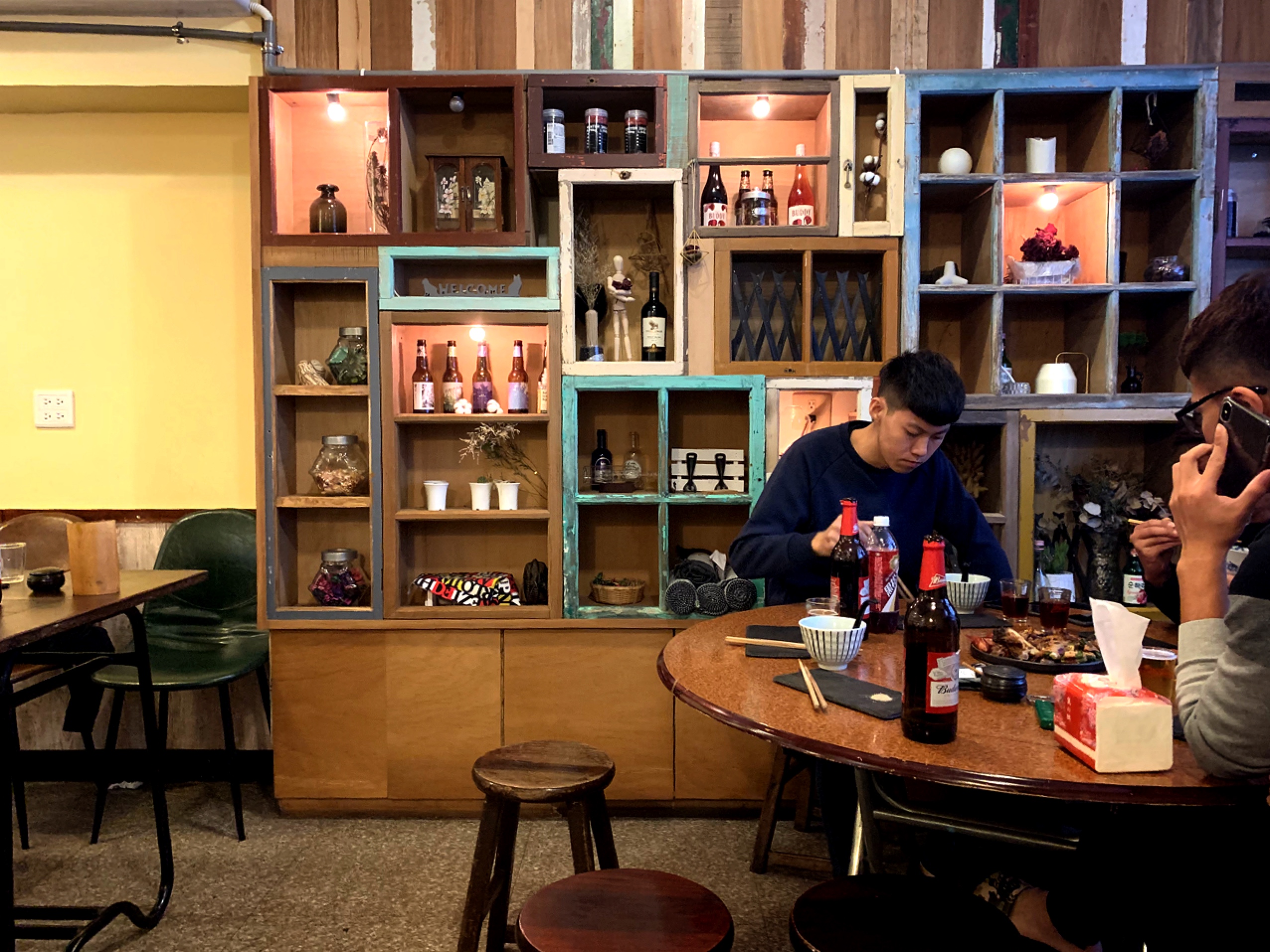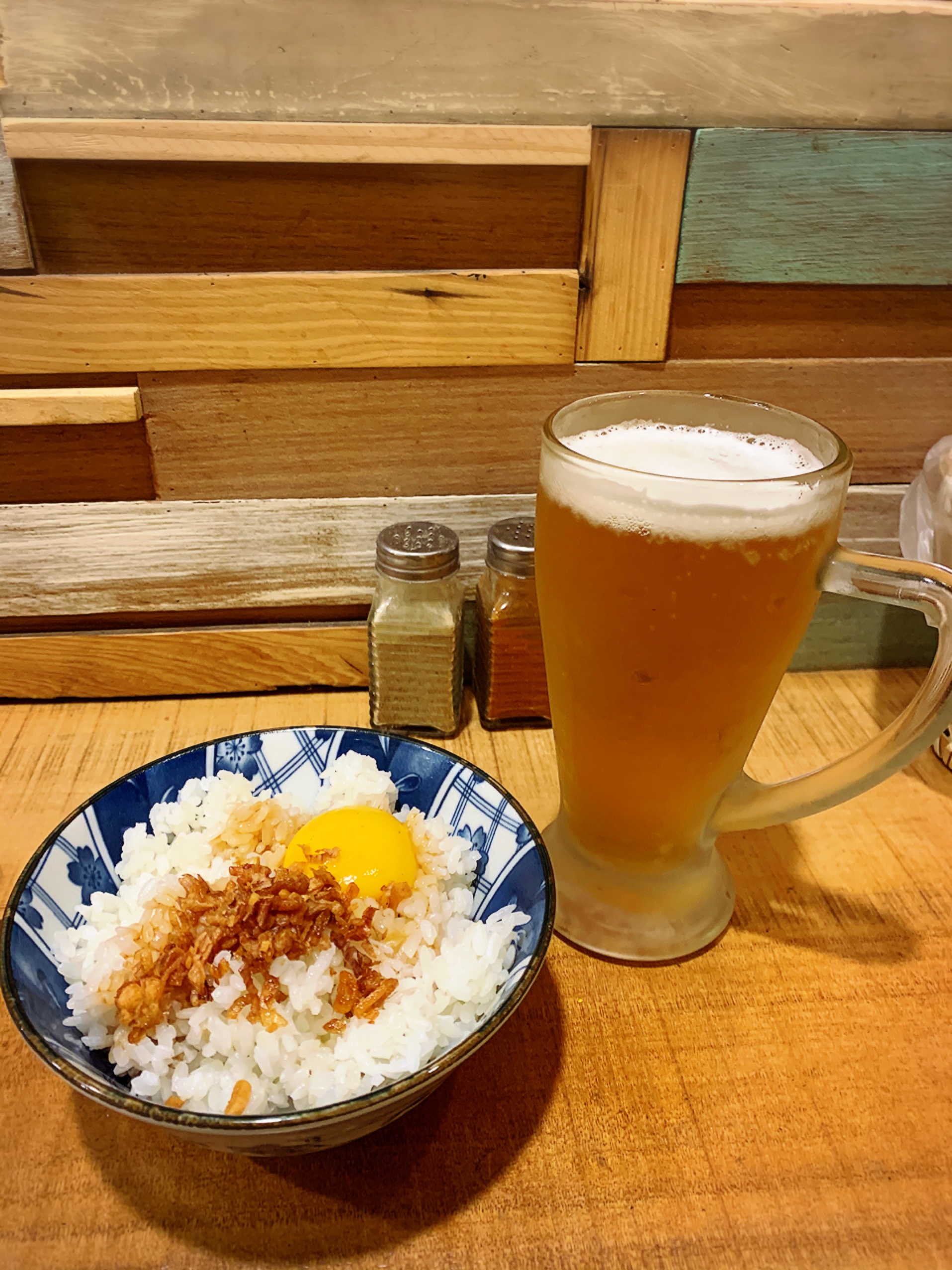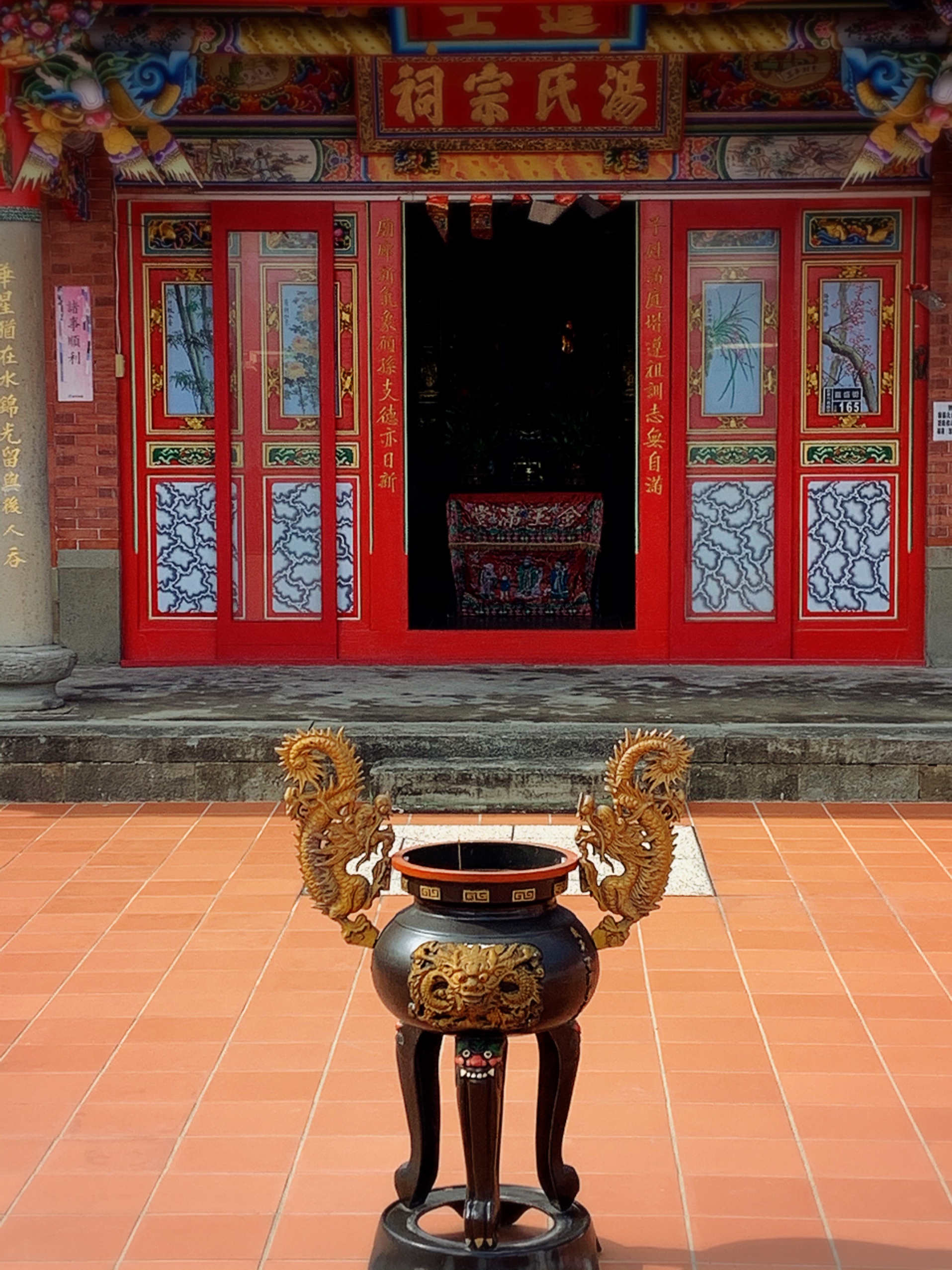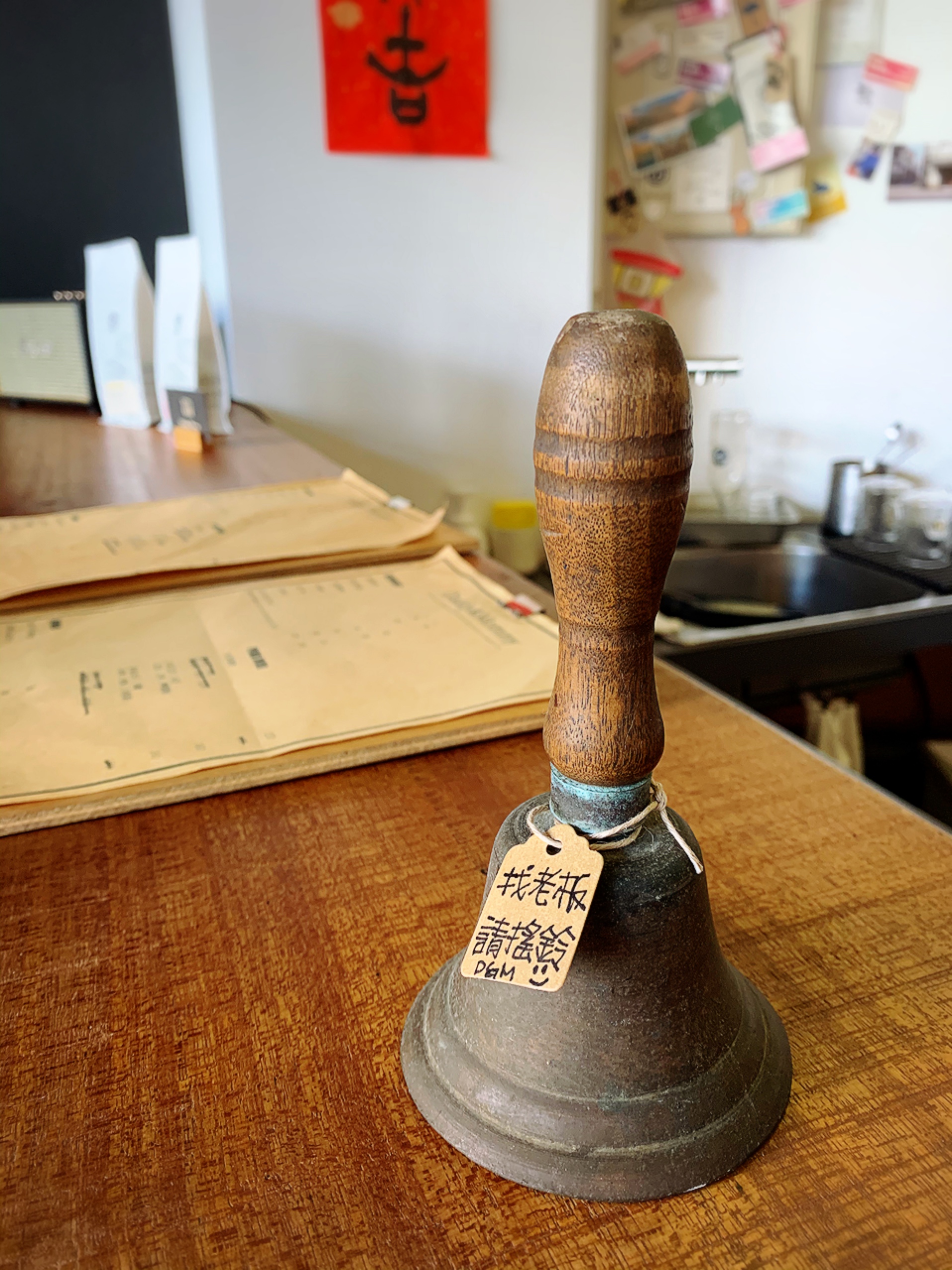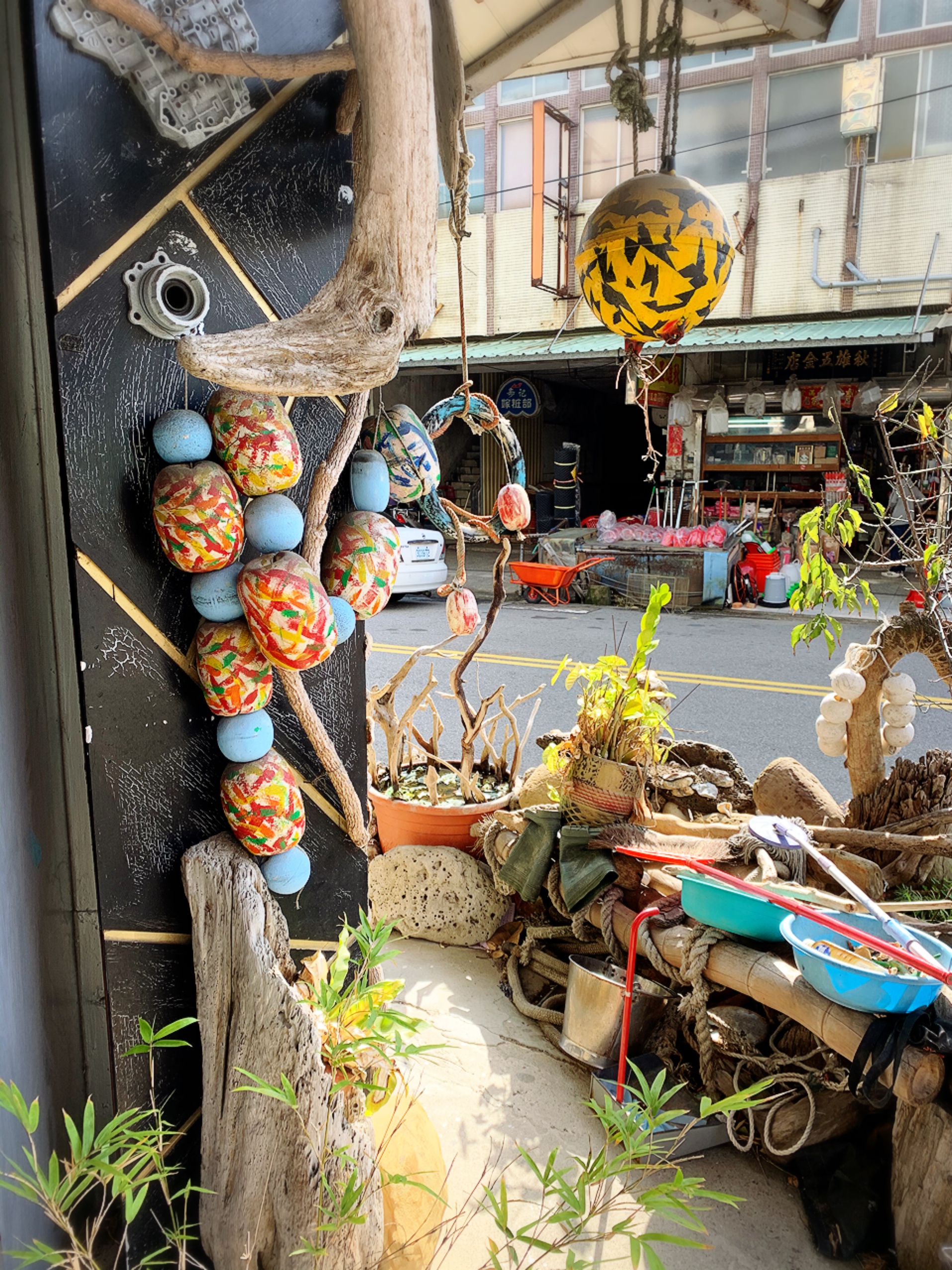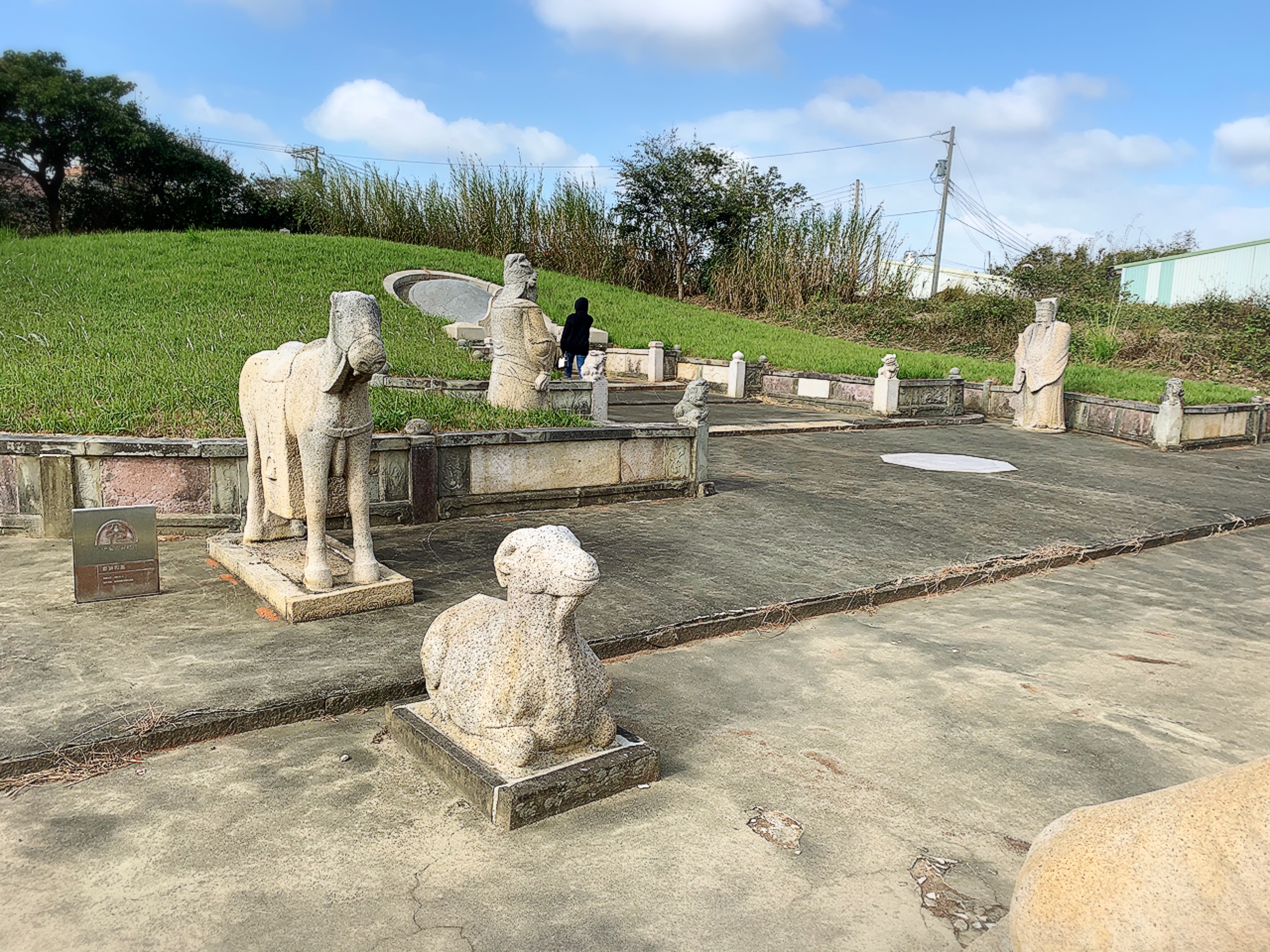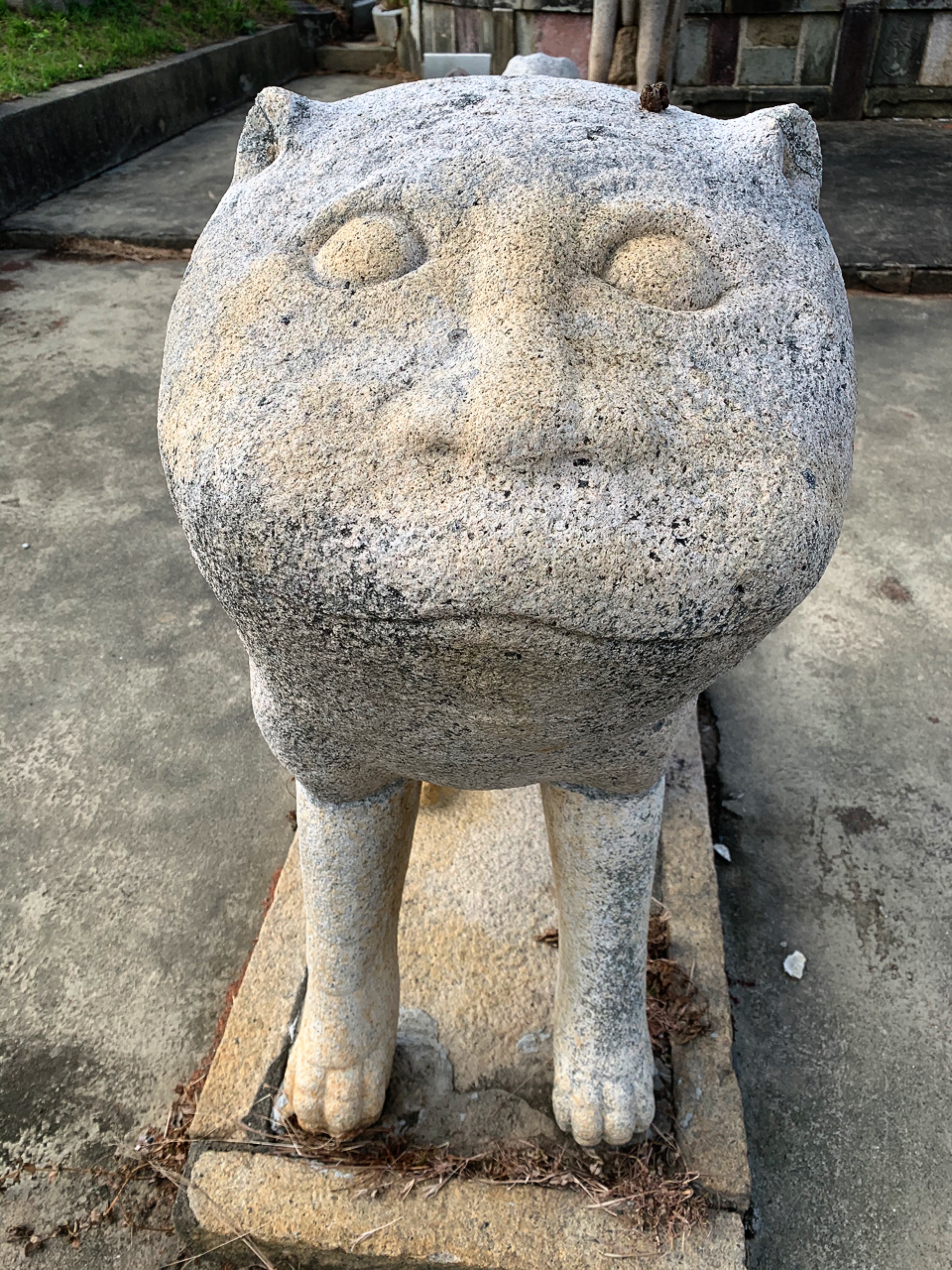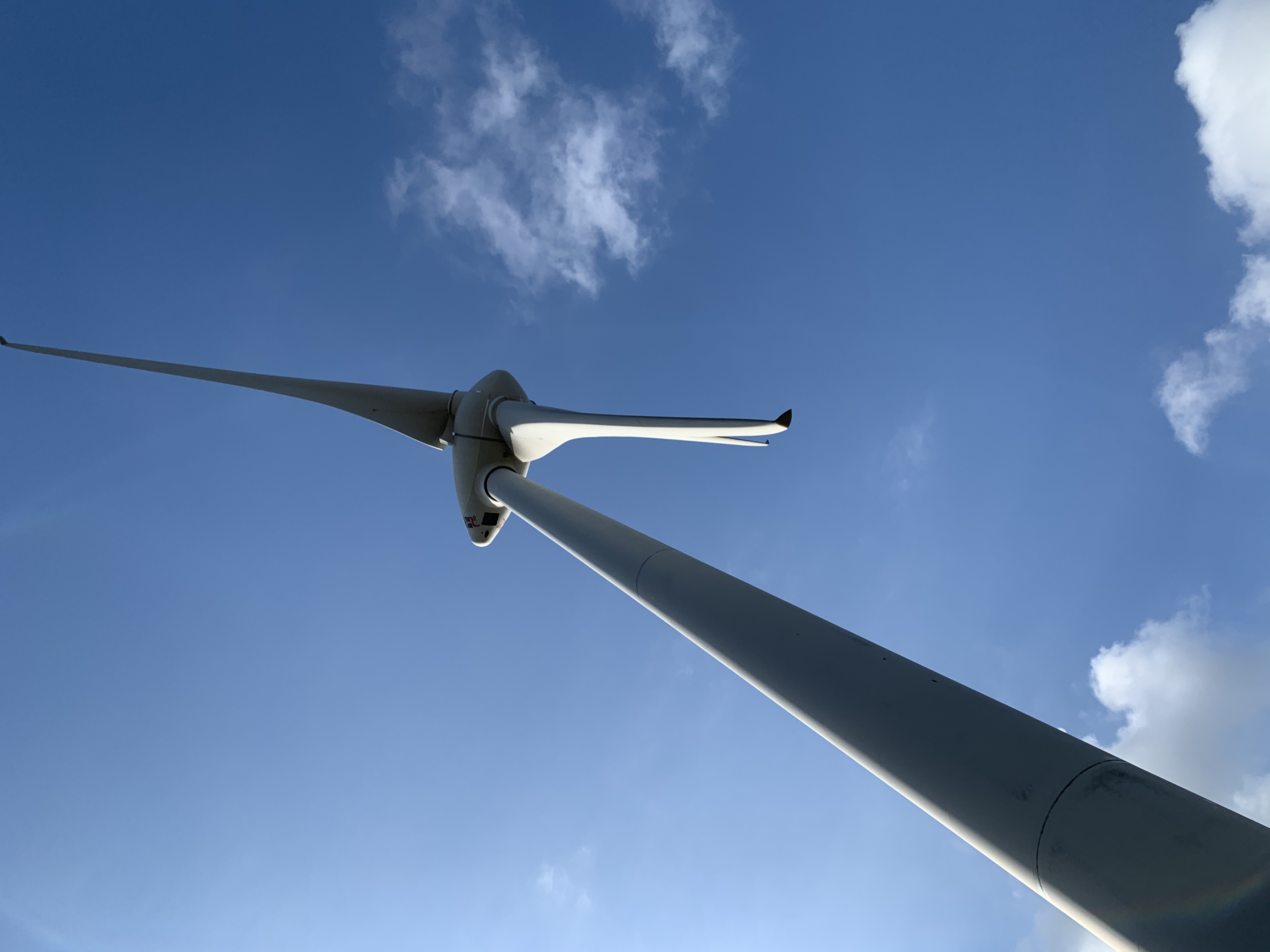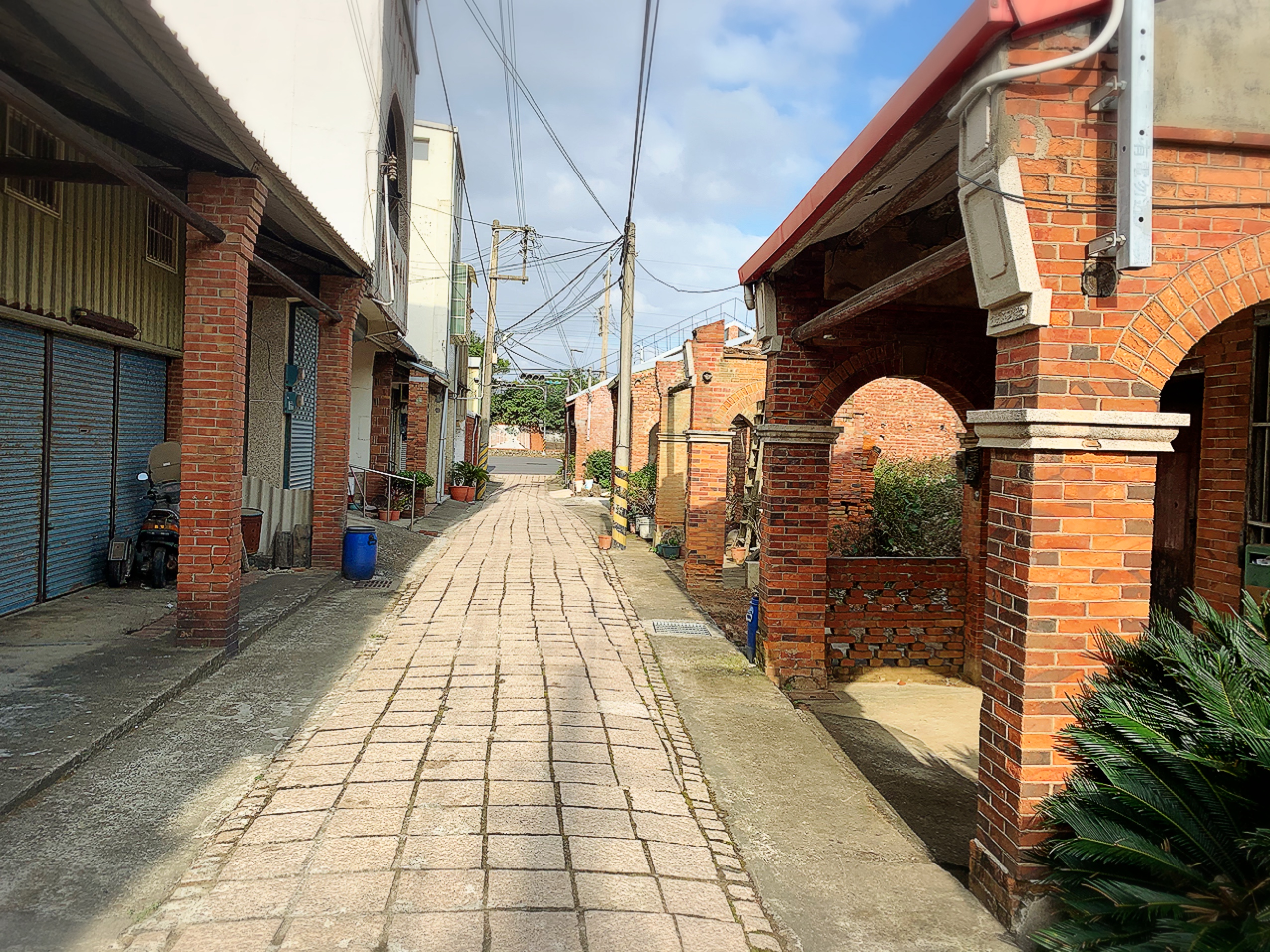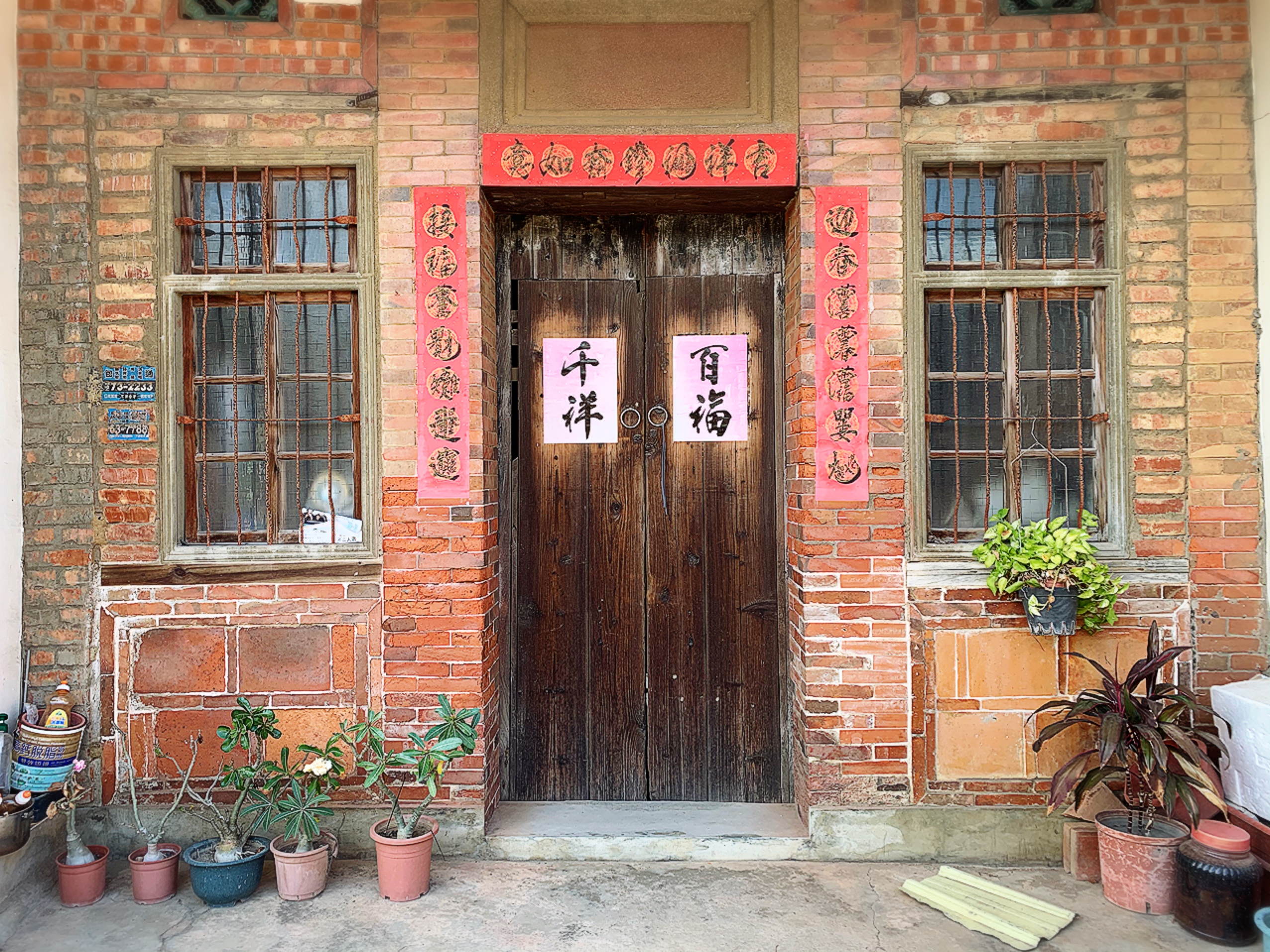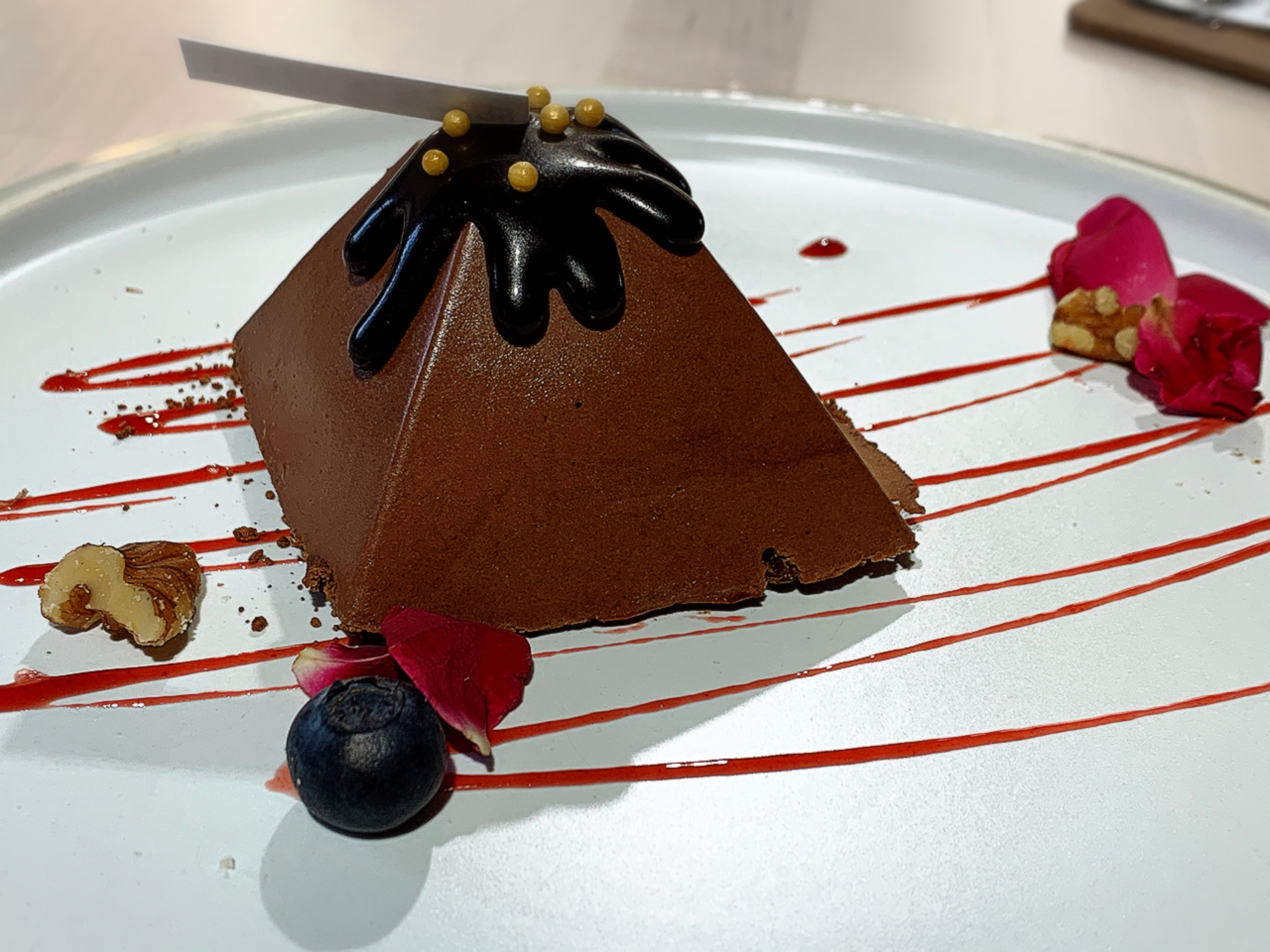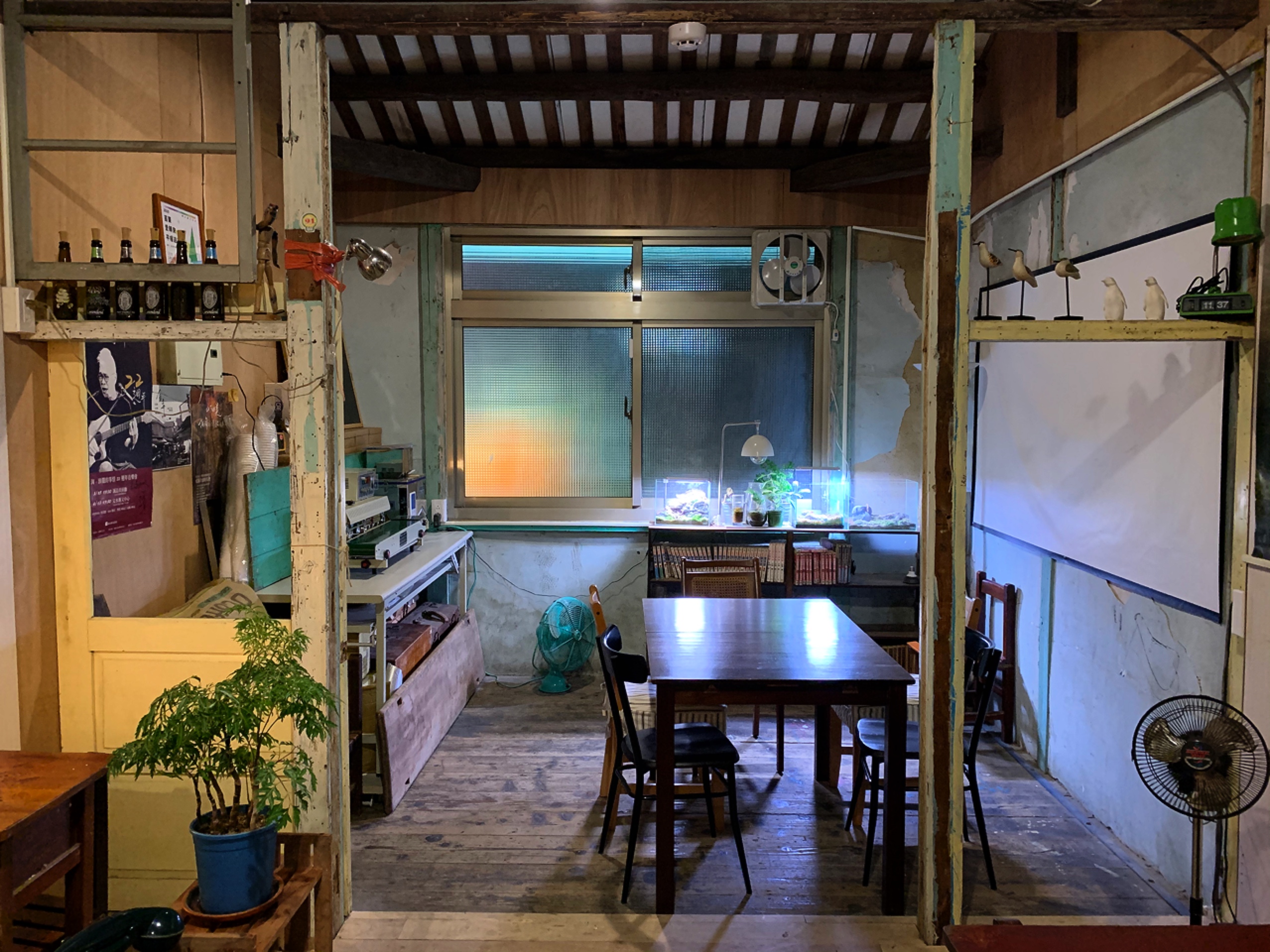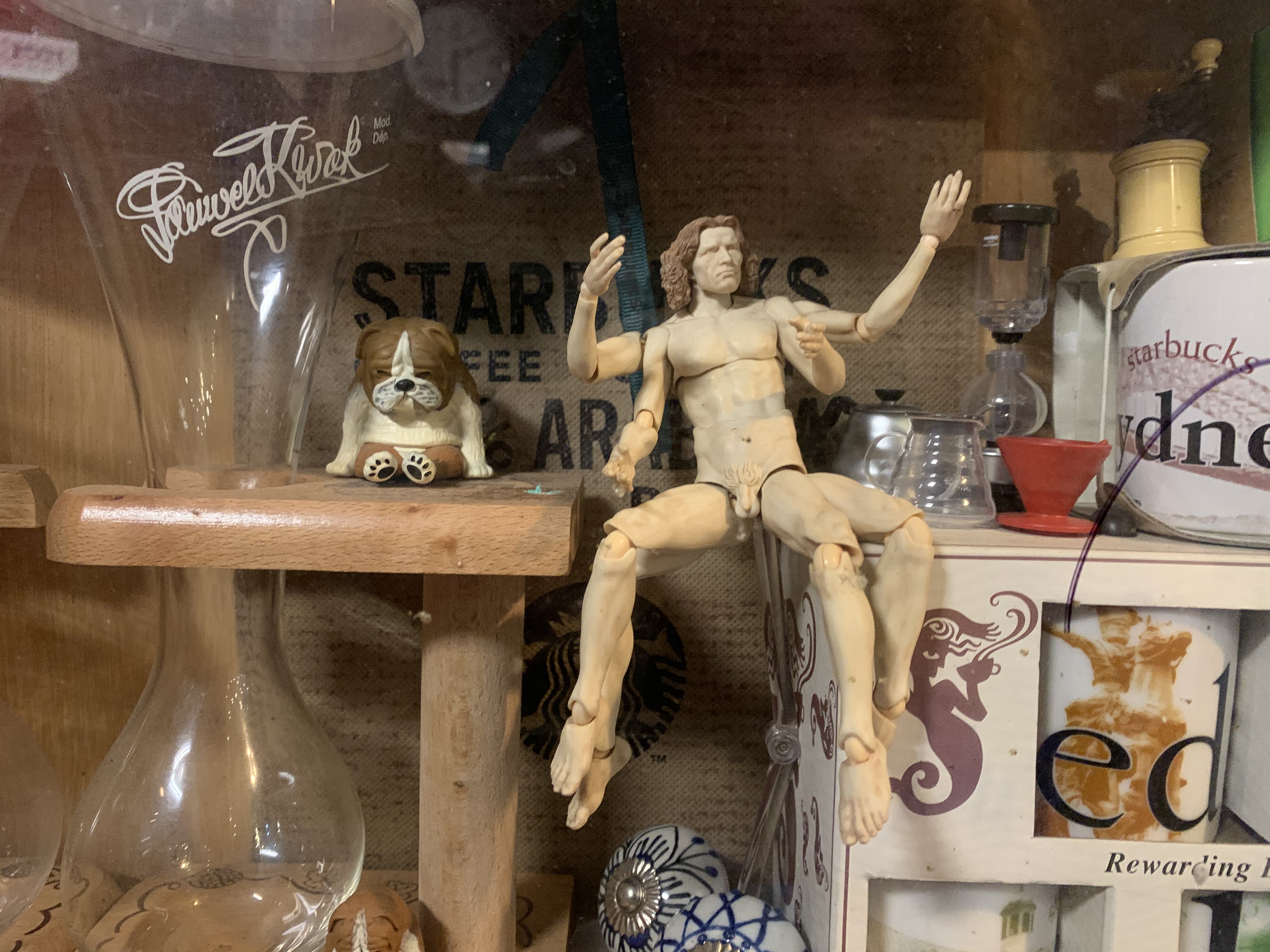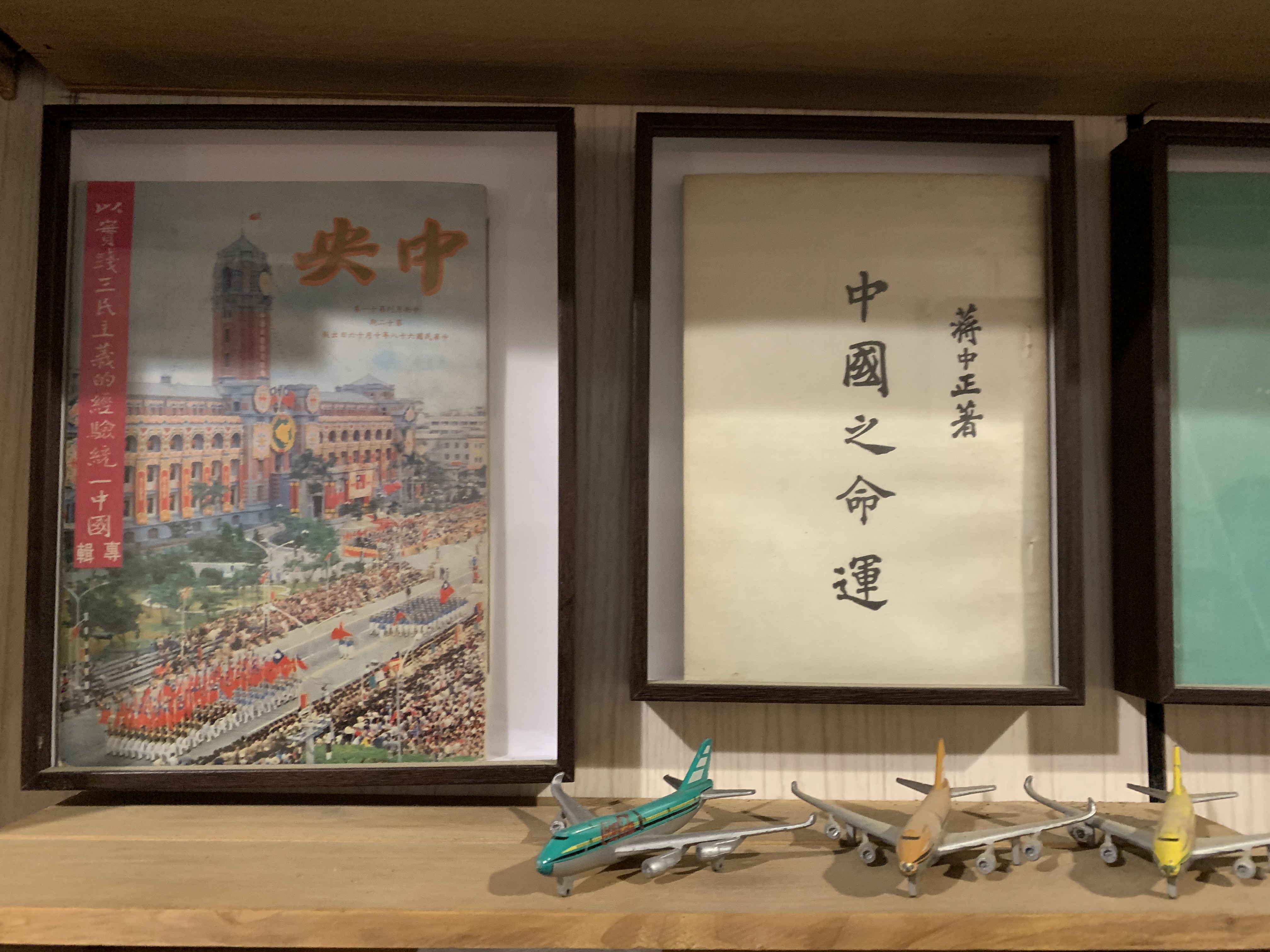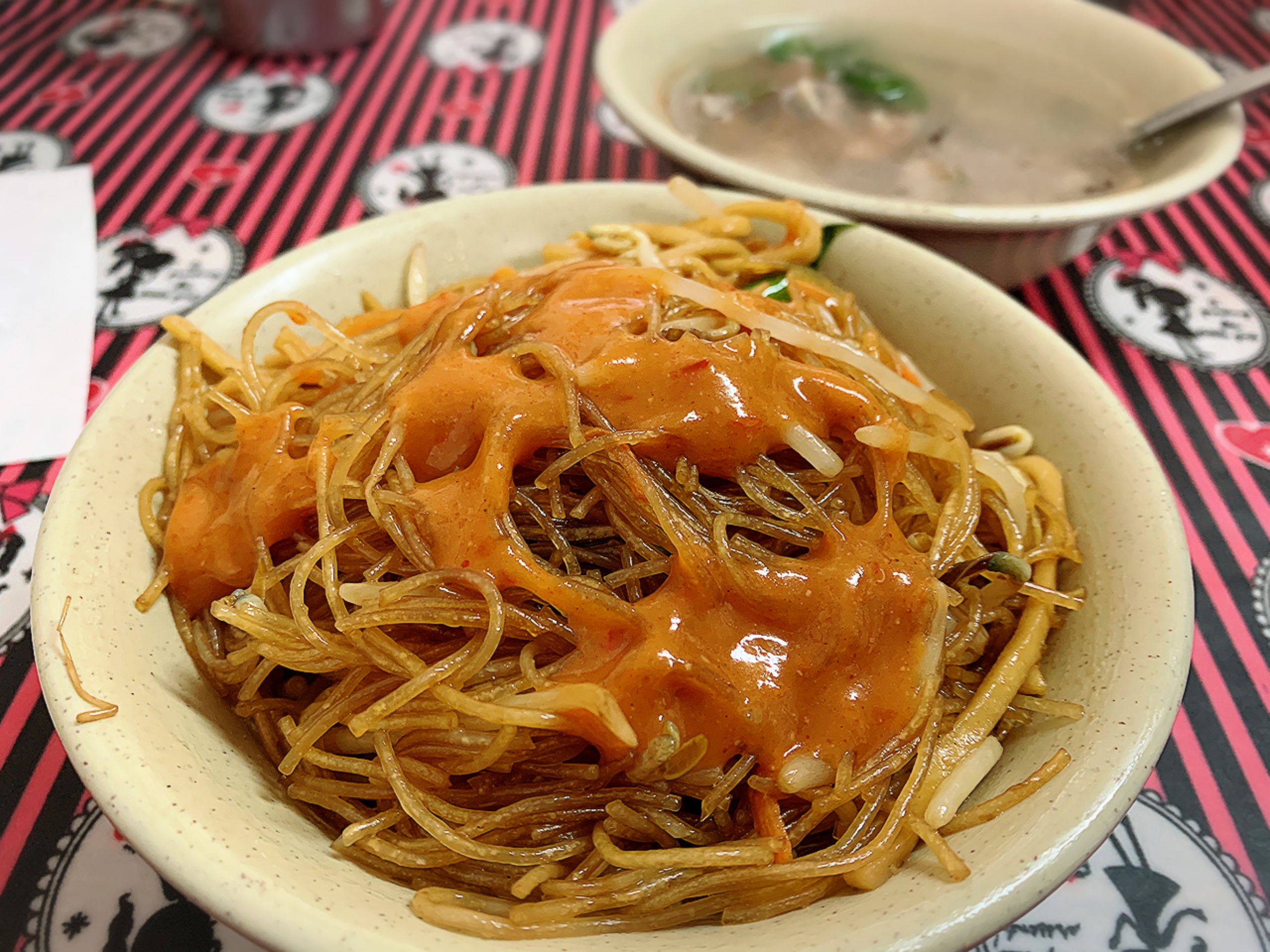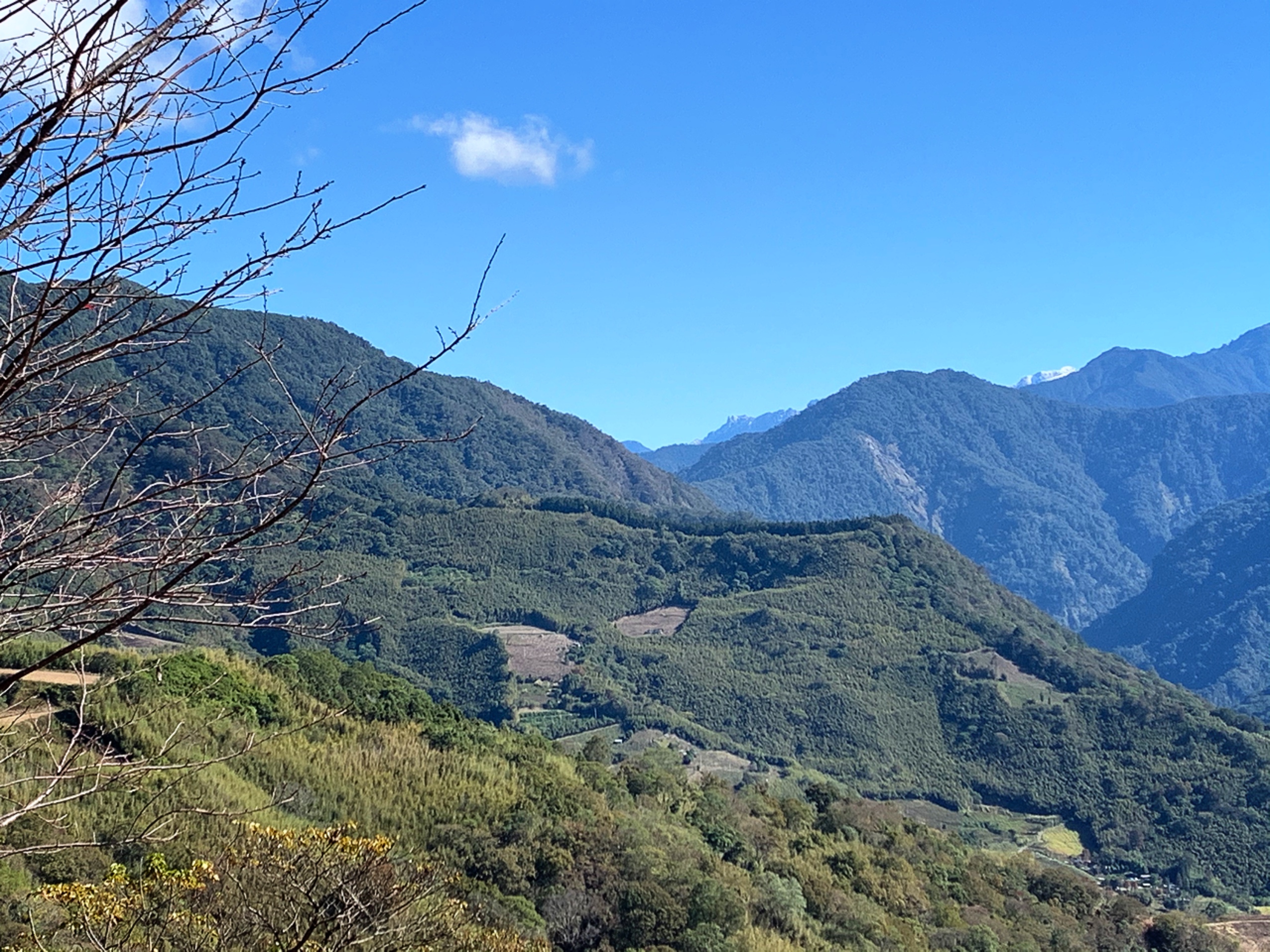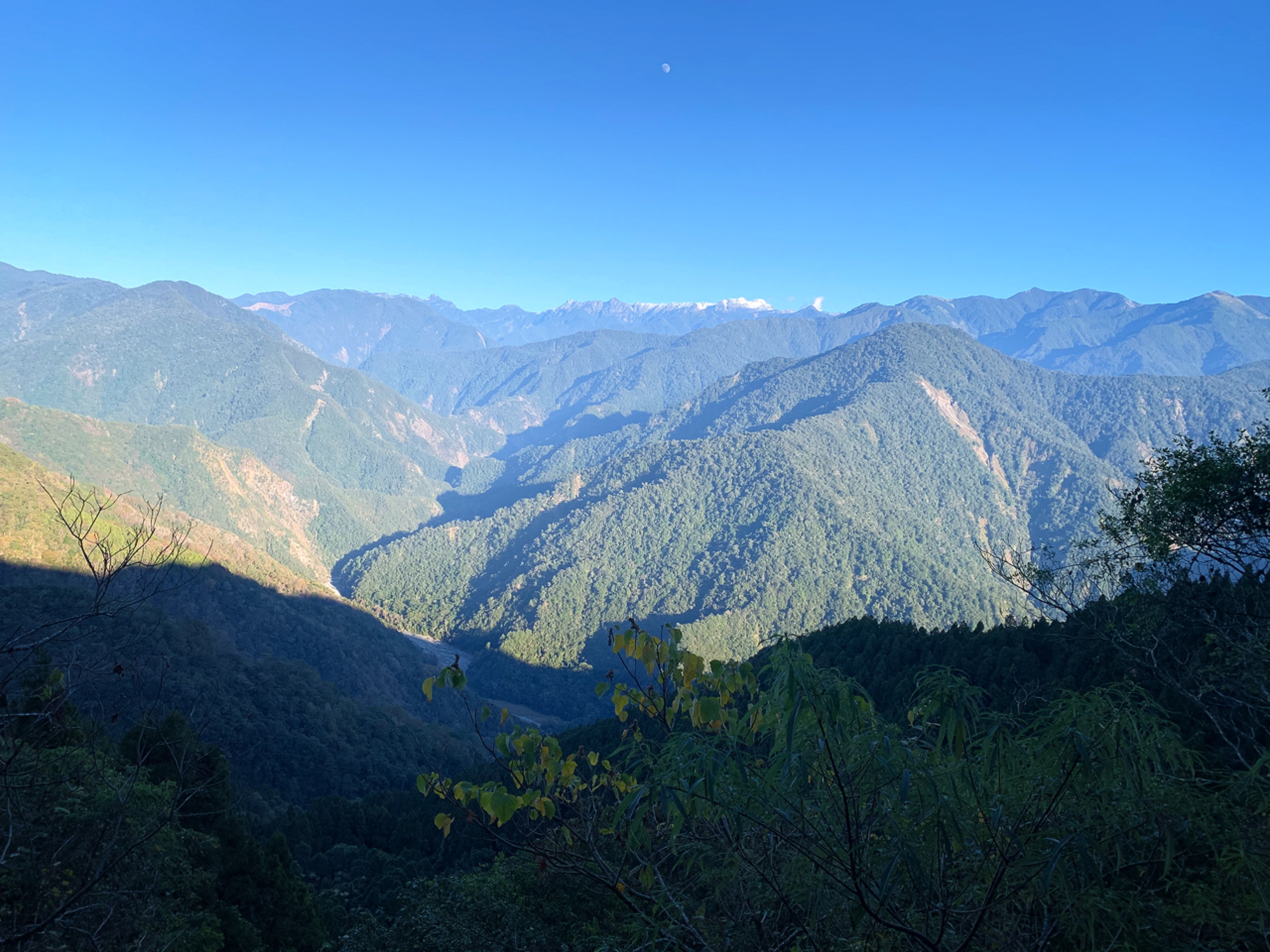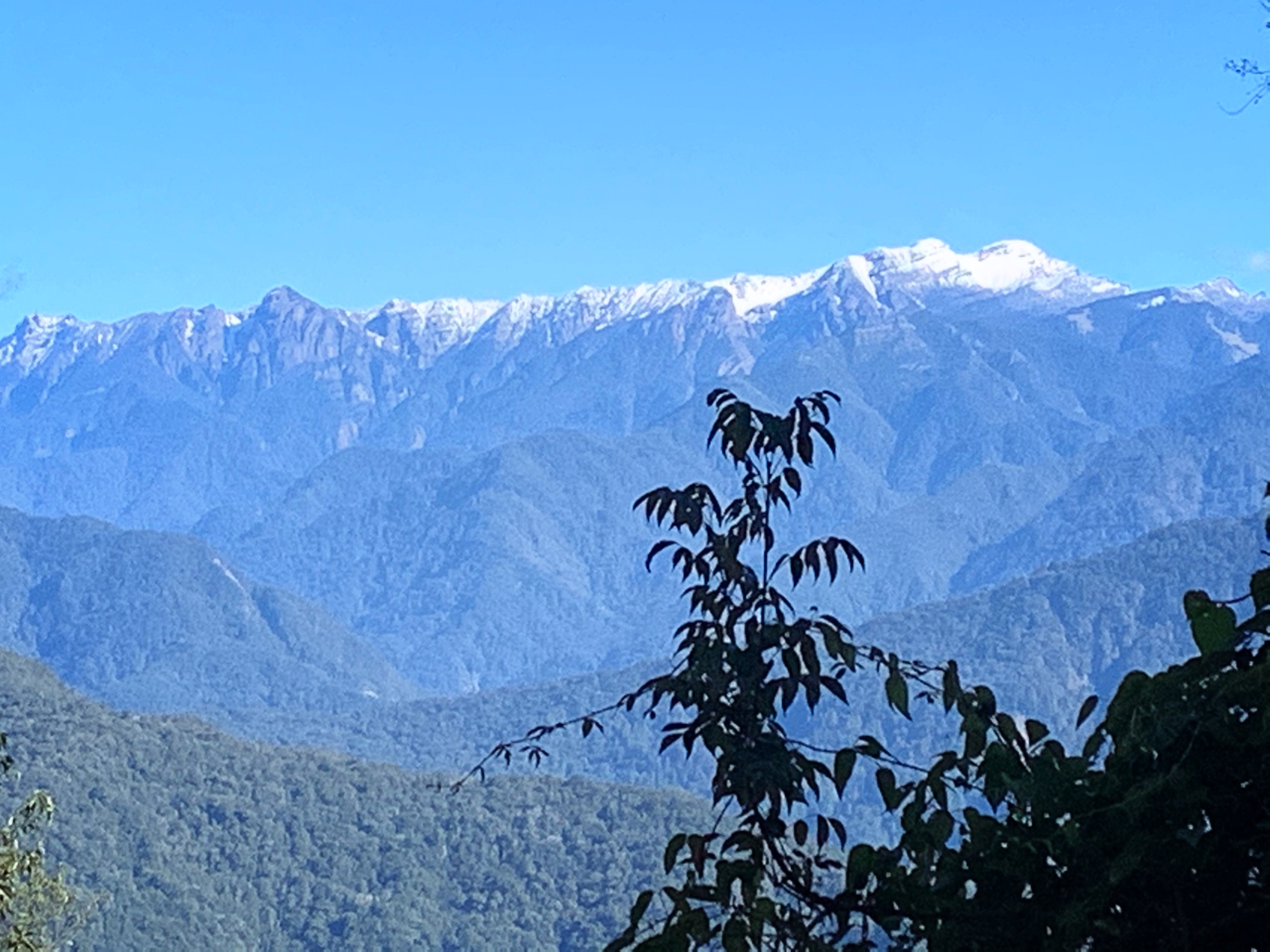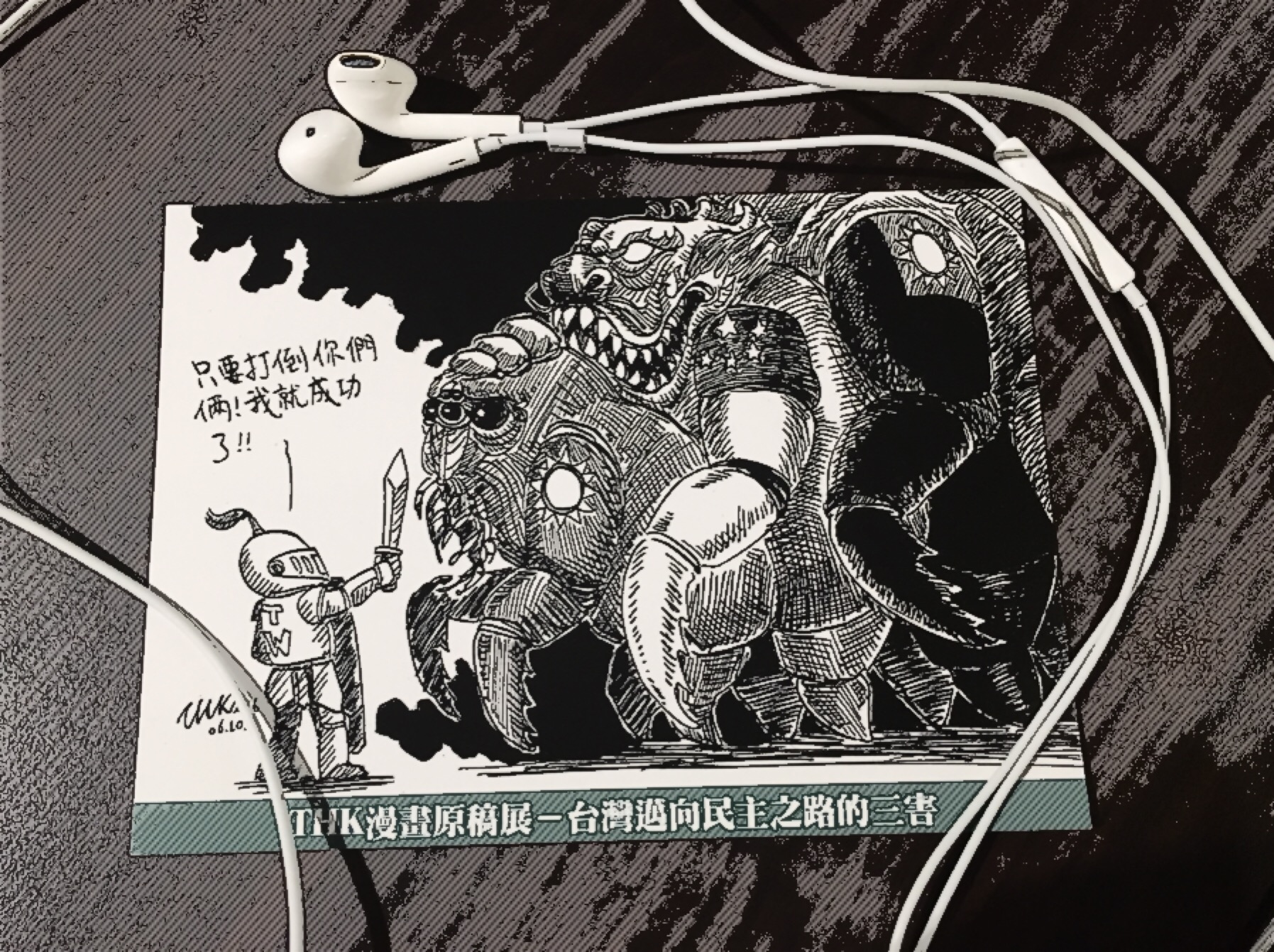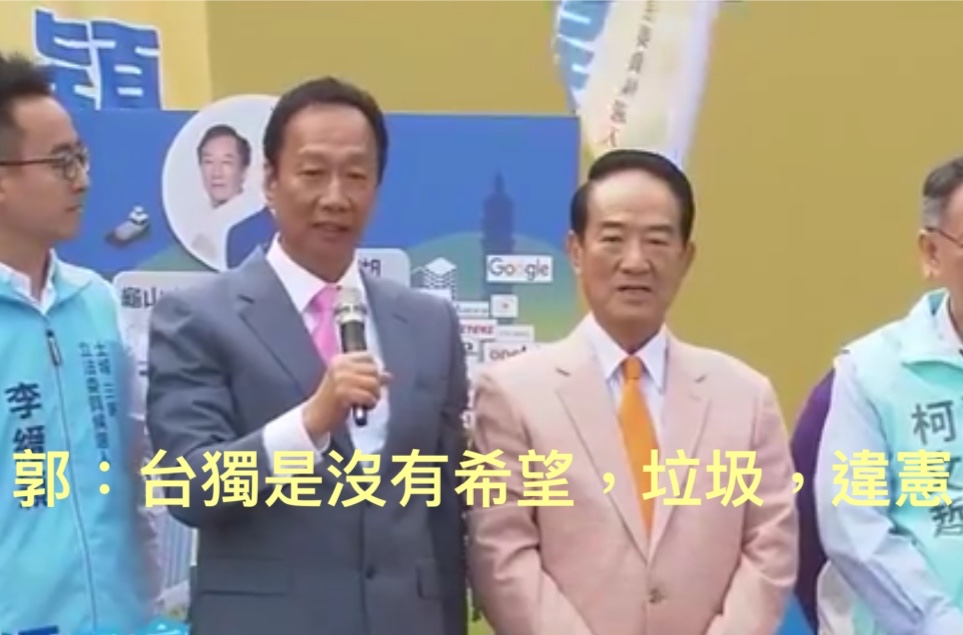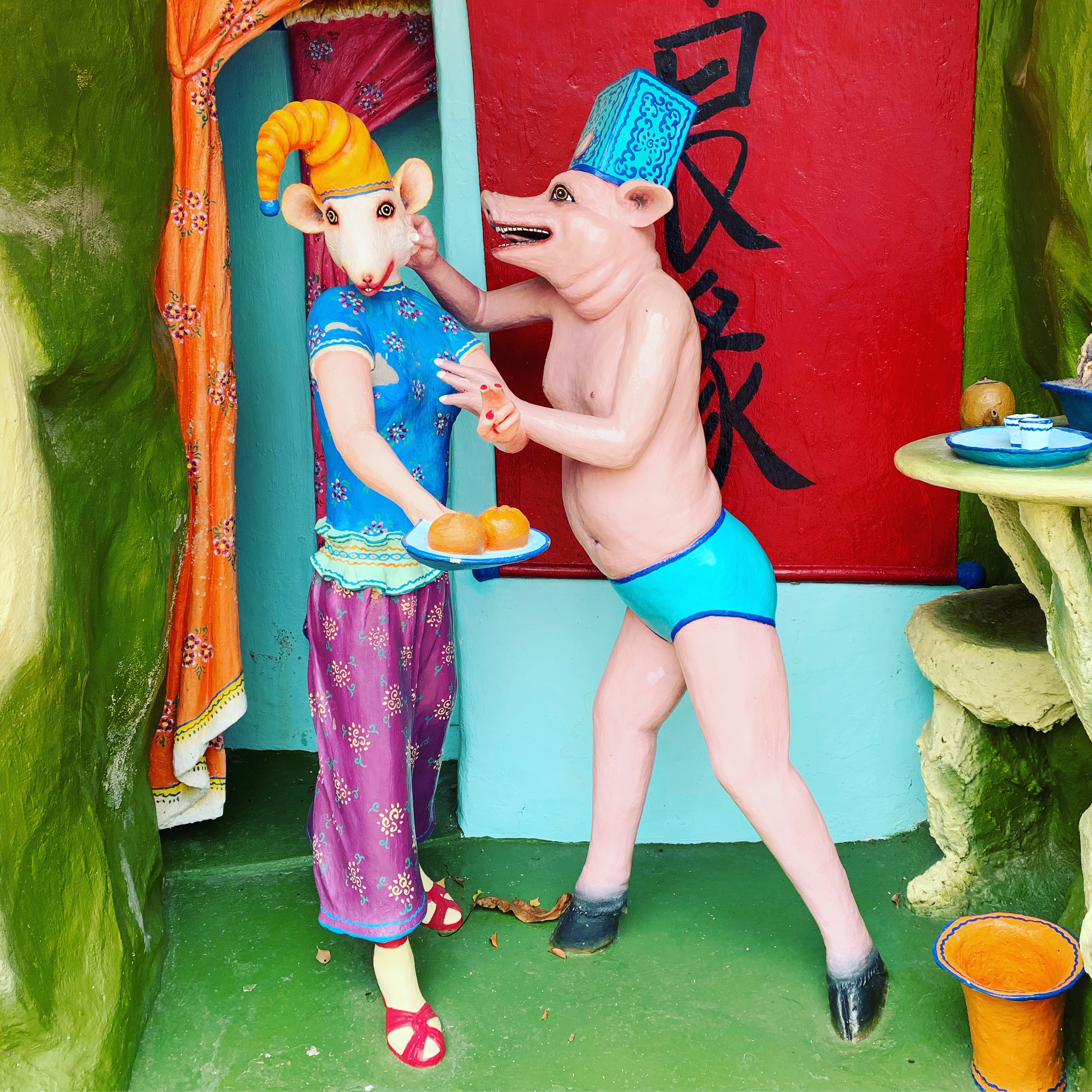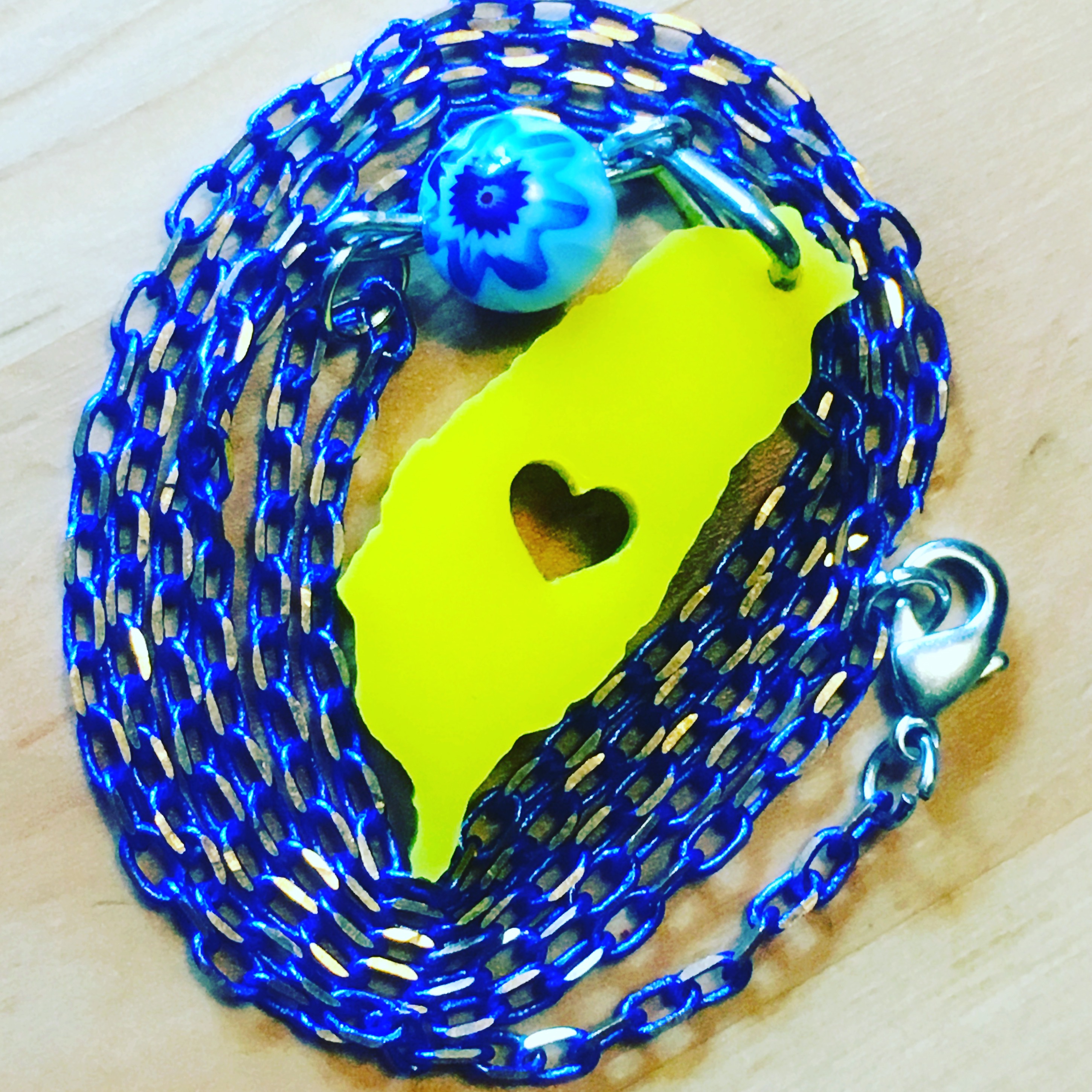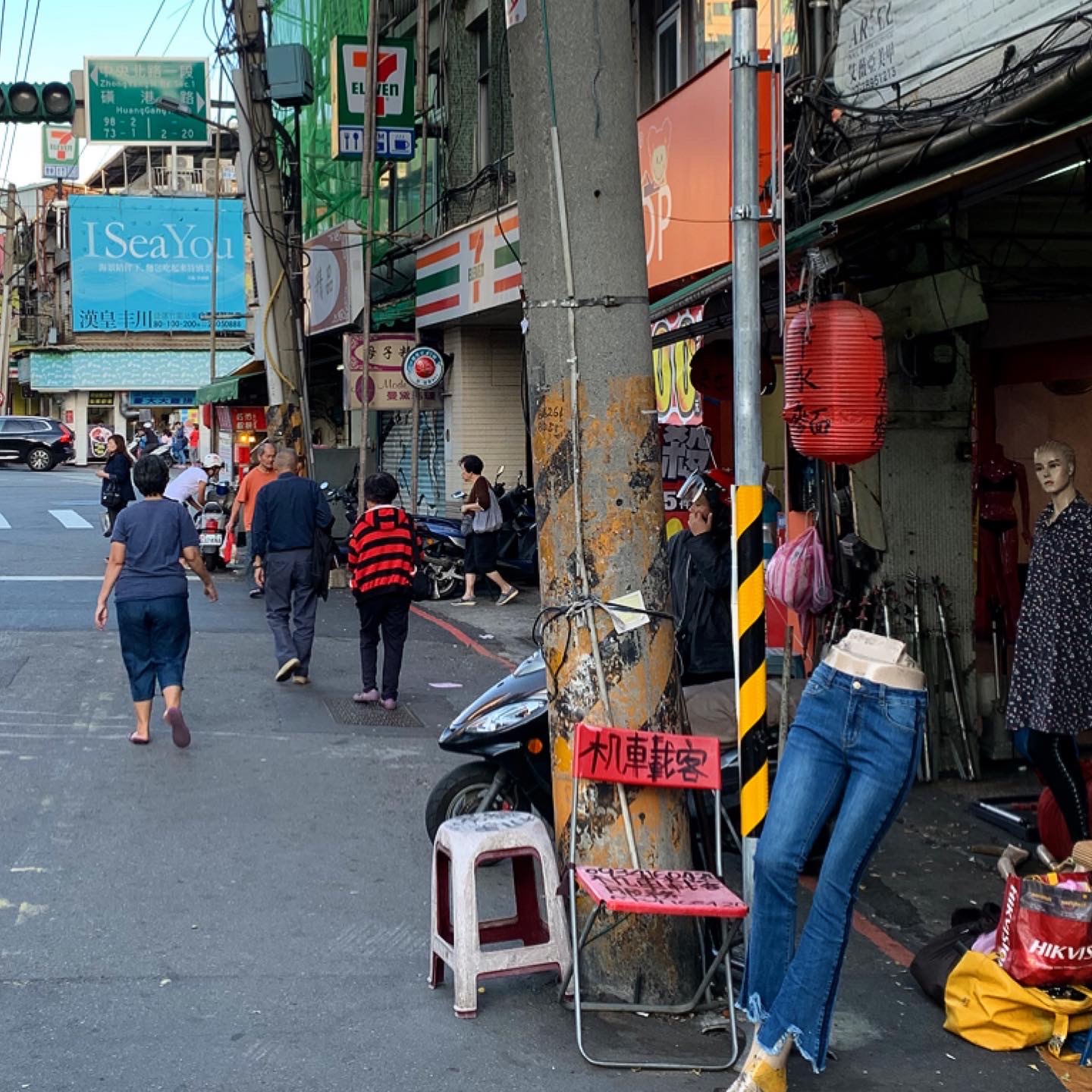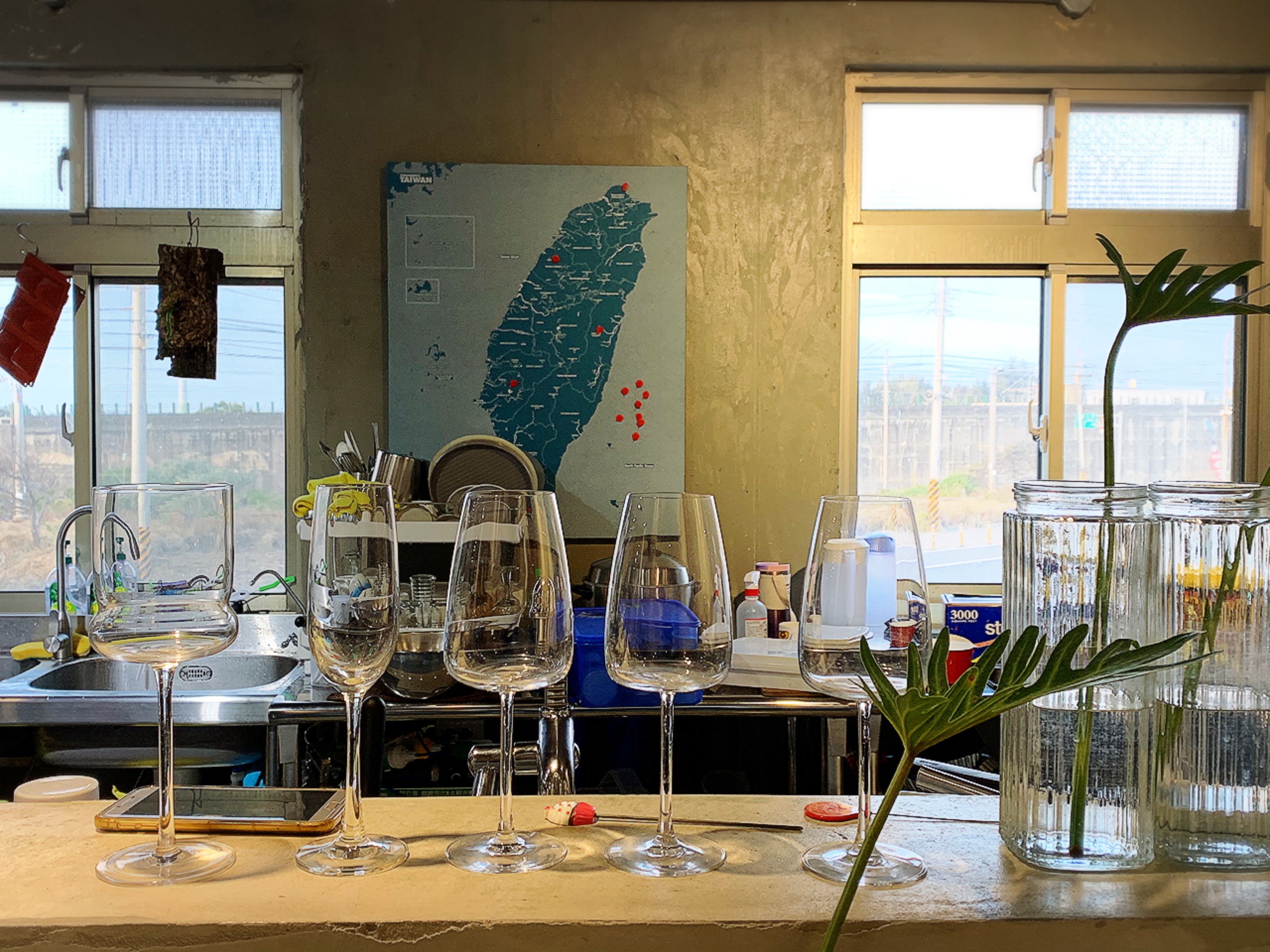 |
| The counter at Reinstatement, in Houlong, Miaoli |
Because I really don't feel like writing about the election, let me tell you about the trip I took last weekend to visit friends in Miaoli County.
When I moved to Taiwan 14 years ago (!!!), there were plenty of cafes in the cities here, although cafe culture hadn't quite taken off. Even in Taipei you were more likely to find your only choices to be a Starbucks or a Dante rather than an atmospheric place to relax, and outside Taipei and the other cities, Cafe 85 - which lacks charm and doesn't even have good coffee - might have been your only choice.
That's all changed. Now even smaller towns like Miaoli, Luodong and Douliu (to name a few) have more aesthetically pleasing places to relax, with better coffee - and sometimes good beer and sweets - too. That's not all we did in Miaoli, but it was interesting to realize that I could have spent the whole weekend swanning about in cafes and never be lacking in choices (assuming I had a car).
What's even more encouraging is that these hipster-friendly spots aren't just copying Western cafe or restaurant culture; they're reinterpreting it for a Taiwanese setting, not only incorporating local ingredients into their menus but also aesthetic choices that draw on Taiwan's visual and spacial history into their design. Most of them seem to be operated by young people, which isn't surprising - I've heard more than one younger person sick of Taipei hustle express a wish to return to their hometown, but not necessarily work for a family company or a small-town boss. Of course, some of these people will make good on their desires, and open their own businesses.
I arrived in Miaoli late in the evening on Friday. After checking into my homestay which was a little far from the city center, the friends I'd come to meet picked me up. I took the HSR as I had to leave Taipei later than I'd otherwise prefer. There are bus and train connections to Miaoli City, but a taxi was only NT$200.
We went out to one of the only restaurants in the city open that late, Good Food Good Times, a Taiwan-style 燒烤 - barbecued stuff on sticks - and beer joint in downtown Miaoli.
When I moved to Taiwan 14 years ago (!!!), there were plenty of cafes in the cities here, although cafe culture hadn't quite taken off. Even in Taipei you were more likely to find your only choices to be a Starbucks or a Dante rather than an atmospheric place to relax, and outside Taipei and the other cities, Cafe 85 - which lacks charm and doesn't even have good coffee - might have been your only choice.
That's all changed. Now even smaller towns like Miaoli, Luodong and Douliu (to name a few) have more aesthetically pleasing places to relax, with better coffee - and sometimes good beer and sweets - too. That's not all we did in Miaoli, but it was interesting to realize that I could have spent the whole weekend swanning about in cafes and never be lacking in choices (assuming I had a car).
What's even more encouraging is that these hipster-friendly spots aren't just copying Western cafe or restaurant culture; they're reinterpreting it for a Taiwanese setting, not only incorporating local ingredients into their menus but also aesthetic choices that draw on Taiwan's visual and spacial history into their design. Most of them seem to be operated by young people, which isn't surprising - I've heard more than one younger person sick of Taipei hustle express a wish to return to their hometown, but not necessarily work for a family company or a small-town boss. Of course, some of these people will make good on their desires, and open their own businesses.
I arrived in Miaoli late in the evening on Friday. After checking into my homestay which was a little far from the city center, the friends I'd come to meet picked me up. I took the HSR as I had to leave Taipei later than I'd otherwise prefer. There are bus and train connections to Miaoli City, but a taxi was only NT$200.
We went out to one of the only restaurants in the city open that late, Good Food Good Times, a Taiwan-style 燒烤 - barbecued stuff on sticks - and beer joint in downtown Miaoli.
Good Food Good Times (好食好時台式居酒屋)
Zhongzheng Road #673, Miaoli City
360苗栗縣苗栗市中正路673號
Good Food Good Times is the place to go for late night snacks - they're open until 2am - and Taiwan 18-Day "Fresh" beer on tap (Taiwan Gold Label beer and Heineken are also available). The space is decorated with old-style Taiwanese restaurant tables and chairs and old-school speckled floor, with upcycled old window frames and Japanese elements such as door curtains, rectangular flat plates and a Japanese-style dining bar up front. Frankly, it feels like the entire population of Miaoli under age 40 (so, like, 20 people) hangs out here regularly.
Also, the food is great. You choose what you want from the refrigerator case out front, using tongs to put your selections into a basket - just like a night market stall. There are non-BBQ dishes available too, including pork oil rice with egg yolk and shallot (a very Taiwanese, and in fact Hakka, dish that is simple and delicious). Best of all, it's not particularly expensive.
Also, the food is great. You choose what you want from the refrigerator case out front, using tongs to put your selections into a basket - just like a night market stall. There are non-BBQ dishes available too, including pork oil rice with egg yolk and shallot (a very Taiwanese, and in fact Hakka, dish that is simple and delicious). Best of all, it's not particularly expensive.
The next morning, we slept in a bit - we were up pretty late at the BBQ place, and waited for our friends at the homestay, which was comfortable and very Taiwanese. Basically if you're married into a local family it probably looks like your in-laws' house.
Not many people come to Miaoli as tourists, and to be honest, there's not much to do in the city itself. If you come without a car, you might be able to amuse yourself for a day in the city center for a day. There's the Weixin Hakka Artifacts Museum (維新客家文物館), with what I am assured by Hakka friends is an entirely fake, purpose-built Hakka roundhouse. We didn't go. There's also the Wenchang Temple (to the literature and scholarship god - 苗栗文昌祠), which is genuinely old and atmospheric, though not otherwise of particular note. The downtown area has a few older buildings worth strolling past, and some good restaurants.
There are also a few cafes in town that we didn't make it to, including Old House (老家生活苗栗店), which is in an authentic old house and I am told has good coffee, and The Spot (新興大旅社) near Miaoli Station. I have no idea how good it is, but it looks atmospheric.
There are also a few cafes in town that we didn't make it to, including Old House (老家生活苗栗店), which is in an authentic old house and I am told has good coffee, and The Spot (新興大旅社) near Miaoli Station. I have no idea how good it is, but it looks atmospheric.
I'll write more about Miaoli city restaurants later - for now, let's focus on what we did during the day.
Instead of sticking around Miaoli, we hopped in the car and went to Houlong (後龍), a laid-back little town that's pretty to walk through, and offers scattered sights, though again there's not much to keep you there for more than a day.
On the way, we stopped off at the Tang Family Ancestral Shrine (湯氏宗祠) outside of Miaoli city. Sadly, the shrine is only open during the week, so this is as close as we could get. It's quite pretty though, even with that KMT sun symbol gate. If you were ambitious you could probably walk here from downtown, though it's better to drive.
Instead of sticking around Miaoli, we hopped in the car and went to Houlong (後龍), a laid-back little town that's pretty to walk through, and offers scattered sights, though again there's not much to keep you there for more than a day.
On the way, we stopped off at the Tang Family Ancestral Shrine (湯氏宗祠) outside of Miaoli city. Sadly, the shrine is only open during the week, so this is as close as we could get. It's quite pretty though, even with that KMT sun symbol gate. If you were ambitious you could probably walk here from downtown, though it's better to drive.
The shrine is near a temple - fairly new and not that interesting - but the parking lot nearby has lovely views of the rice fields leading to the mountains not far away.
Houlong has a train station that will deposit you near the downtown area, but again, it's better to drive as most of the interesting things to do are not remotely within any sort of walking distance.
First, however, coffee. We had excellent coffee and lovely sweets - including a pecan toffee tart and a deliciously moist brownie, at Daddy&Mommy, a cafe run by a couple with (at least) one child, with a child-friendly play space downstairs and open kitchen-restaurant upstairs. They also have good burgers and meals.
Daddy&Mommy
First, however, coffee. We had excellent coffee and lovely sweets - including a pecan toffee tart and a deliciously moist brownie, at Daddy&Mommy, a cafe run by a couple with (at least) one child, with a child-friendly play space downstairs and open kitchen-restaurant upstairs. They also have good burgers and meals.
Daddy&Mommy
356苗栗縣後龍鎮中龍里市興8號
#8, intersection of Zhongzheng and Zhongshi Roads, Houlong
(the town is not big, it's easy to find)
(the town is not big, it's easy to find)
Yes, you ring a temple demon bell to call the boss!
We really liked this place for the way they used simple design to preserve the original character of the building, but modernize it to create a clean and inviting atmosphere, using wood, whitewash and the original speckled flooring.
If you choose to wander around Houlong afterwards, you'll be rewarded with a few old buildings, a very weird/cool vintage clothing shop (closed when we visited), and at least one large temple, Ciyun Gong (慈雲宮).
Across from Ciyun Gong is an opera stage, around which there are several food stalls. If you want to eat locally, the o-len (黑輪伯)in the clutch of stalls across from temple - tasty boiled things in a peppery, seafoody soup, you've definitely seen it before - is good, though it won't blow your socks off.
We really liked this place for the way they used simple design to preserve the original character of the building, but modernize it to create a clean and inviting atmosphere, using wood, whitewash and the original speckled flooring.
If you choose to wander around Houlong afterwards, you'll be rewarded with a few old buildings, a very weird/cool vintage clothing shop (closed when we visited), and at least one large temple, Ciyun Gong (慈雲宮).
Across from Ciyun Gong is an opera stage, around which there are several food stalls. If you want to eat locally, the o-len (黑輪伯)in the clutch of stalls across from temple - tasty boiled things in a peppery, seafoody soup, you've definitely seen it before - is good, though it won't blow your socks off.
Outside of town, one of the few old Chinese-style graves with carved animals can be found near the intersection of Highways 1 and 6, across the CPC gas station. This is the grave of Zheng Chonghe (國定古蹟-鄭崇和墓 - that's how you'll find it on Google Maps), who died in the 19th century. Some of the original carvings, and all of the original animal sculptures, can be seen. It's visible from the road and there is a path leading to it. Just park on the side of the highway.
There are bus stations out here, so theoretically one can get here by public transport, but I wouldn't recommend trying it. Do you want to take a bus to the side of a random highway in Miaoli County and count on there being a bus to take you somewhere else in a timely fashion? Yeah, didn't think so.
That said, there's at least one restaurant and a 7-11 nearby, so you could do worse in terms of being stranded on a highway.
One of the interesting things about the grave is how some of the animal sculptures actually look like the animals they depict, such as the goat, and others really do not - for example, the tiger.
I guess we can surmise that the carver had seen plenty of goats but not one tiger. Why he thought they had creepy frog faces with human noses, I'll never know. Perhaps he was carving a tiger from a painting of a tiger by a guy who'd only seen another painting of a tiger.
One of the interesting things about the grave is how some of the animal sculptures actually look like the animals they depict, such as the goat, and others really do not - for example, the tiger.
I guess we can surmise that the carver had seen plenty of goats but not one tiger. Why he thought they had creepy frog faces with human noses, I'll never know. Perhaps he was carving a tiger from a painting of a tiger by a guy who'd only seen another painting of a tiger.
From Zheng Chonghe's grave, we made three more stops in the Houlong area, not necessarily in this order.
First, there's the "Cape of Good Hope" (好望角), which is in the area famous for having an extensive wind farm.

How windy was it?
That windy.
It was near this stretch of coast that people protested the building of wind turbines, though these particular turbines are not close to inhabited structures (further down the coast you can see areas where they are closer).

How windy was it?
That windy.
It was near this stretch of coast that people protested the building of wind turbines, though these particular turbines are not close to inhabited structures (further down the coast you can see areas where they are closer).
To be honest, the noise was noticeable, and I don't know that I'd want to live really close to one simply due to the audible sound, but I find the claims of other health problems resulting from proximity to turbines to be questionable, and I'd rather have sound pollution than air pollution. I didn't oppose the protests, however - I too would want the turbines built away from where people live.
I will admit they are a little terrifying to walk under, though not actually dangerous. And they're only a bit creepy if you are directly underneath them. There's an area up here that's popular with tourists with nice views, and it's quite windy (which is, of course, why one might want to build turbines here). I didn't think they detracted from the coastal views - there's no beach to speak of - and although the sound was noticeable, one could talk above it even when standing almost directly under the turbines.
There's also an old railway tunnel here, further down near the actual coast. My friends and husband went, but suffering from a knee injury, I didn't want to risk a walk down and up a hill. There's a parking space down there, but everyone else said it wasn't really that special.
There's also an old railway tunnel here, further down near the actual coast. My friends and husband went, but suffering from a knee injury, I didn't want to risk a walk down and up a hill. There's a parking space down there, but everyone else said it wasn't really that special.
Another stop was a short "old street" in Houlong, more locally called Tongxing Old Street (同興老街). While not far from Longgang (龍港) train station, and with an old bus stop signpost nearby, and therefore theoretically reachable by public transit, this is another place you're better off driving to.
The street is not long and it's right off a highway, but well-preserved buildings (well, some are falling apart) and the simple and quiet atmosphere make this a lovely short stop on a longer drive. You won't really find souvenir shops or anything like that here, though at least one building is some sort of museum (closed when we visited).
The still-standing houses appear to be currently lived in, and some even have the old style wooden beams across the front, which I associate (possibly wrongly?) with pre-Japanese, Qing-era houses.
At the top of the street - which continues, but the houses end - there's a little shop called the Cat Organic Bookstore (貓裏有機書店). The friendly, quirky owners sell used books in Chinese (not many, though) and a few traditional-style Taiwanese toys. There's a pretty good Western-style bathroom you can use, too. The house the shop is in is worth a look, too.
By this time we were a bit tired and decided to hang out at a "hidden cafe" above a small countryside grocery store next to the Houlong Bao'an temple (苗栗後龍保安宮). The shop on the ground floor sells household staples on one side - soy sauce, oil, vinegar, dry goods, and sweets on the other - the old-school kind that Taiwanese kids used to eat, and sometimes still do. We're talking dried plums (both powdered and sticky), dried kumquats, those little choco-balls wrapped in sports-ball patterned foil, pixie sticks, various hard candies, chocolate goo in a tube...basically stuff that will make all your Taiwanese friends nostalgic for their childhoods. We bought a few - I can't resist sticky dried plums (I don't care for the powdered kind, which taste like weird medicine) and dried kumquats, and they sell my favorite herbal chews as well. They're even displayed in the old-school plastic containers with red lids.
None of this nostalgia trip is accidental. Above the grocery there's an extremely hip cafe, called 重成商號 (Reinstatement) which is known across the region - we suspect daytrippers from larger towns like Zhunan come by here as well, as it's too remote to stay in business on a purely local clientele.
None of this nostalgia trip is accidental. Above the grocery there's an extremely hip cafe, called 重成商號 (Reinstatement) which is known across the region - we suspect daytrippers from larger towns like Zhunan come by here as well, as it's too remote to stay in business on a purely local clientele.
Reinstatement (重成商號)
56-1號, 中山高速公路後龍鎮苗栗縣356
56-1號, 中山高速公路後龍鎮苗栗縣356
#56-1, Sun Yat-sen Freeway, Houlong, Miaoli County
The cafe is spread across several rooms decorated with old-school tiles and other bits of Taiwanese nostalgiana, and is especially known for high-quality desserts made with local flavors and ingredients. I especially recommend the chocolate mousse pyramid, with a surprise of sweet pomelo compote in the center. The purple sweet potato mousse is also intriguing, with a light flavor and attractive color and presentation.
There is a bus stop nearby so you could potentially come out here without your own transport...in theory anyway.
Yes, it is worth the trip.
By that time, the sun was going down and we were about ready for dinner, so wet set off to return to Miaoli City. In the daytime, one corner of the downtown area looks like this - in fact, rather attractive as smaller towns in Taiwan go.
For dinner, we went to Jiang Ji Original Wonton Restaurant (江技舊記餛飩店), known locally as Jiang Ji (江技), a well-regarded wonton restaurant run by - you guessed it - the Chiang (Jiang 江) family. They make their own chili sauce here, which is fantastic on the dry wontons, and they make their own pork fat with fried shallots for pork oil rice. The Taiwanese meatballs (肉圓) and pork liver (豬肝) are also well-known. I also really liked the oily tofu (油豆腐). The whole restaurant is pleasantly decorated, with slate floors, polished wood tables and wood carvings on the walls, including an impressive round one bearing the name of the restaurant.
Why there? Well, first it's probably the best restaurant in town. Second, one of the family members is a friend of mine.
Why there? Well, first it's probably the best restaurant in town. Second, one of the family members is a friend of mine.
Jiang Ji (江技舊記餛飩店)
360苗栗縣苗栗市新苗街88號
#88 Xinmiao Street, Miaoli City
Finally, in keeping with our penchant for hipster cafes, we sought out a place to have a few beers and just chill. Another friend had just put his daughter to bed and was also keen to meet up.
We ended up just around the corner at Donghai (Eastern Sea) Coffee, which has a fantastic selection of beer from around the world, and a comfortable upstairs sitting area.
Donghai Coffee (東海咖啡)
360苗栗縣苗栗市日新街1號
We ended up just around the corner at Donghai (Eastern Sea) Coffee, which has a fantastic selection of beer from around the world, and a comfortable upstairs sitting area.
Donghai Coffee (東海咖啡)
360苗栗縣苗栗市日新街1號
#1 Ri Hsin Street, Miaoli
Donghai is filled with eclectic collectibles and vintage and antique bric-a-brac, keeping the character of the old building it's located in, but in a very different way to the other two cafes we visited that day. In this one, design lines weren't as clean, but the vintage charm of the place kept the space interesting.
Considering that there were "Vote Taiwan 2020" stickers downstairs, we think the old ROC memorabilia is just that - memorabilia and not a political statement.
Considering that there were "Vote Taiwan 2020" stickers downstairs, we think the old ROC memorabilia is just that - memorabilia and not a political statement.
We had an early morning the next day, as we planned to drive up to Xueba National Park (雪霸國家公園), specifically to hike in the Xuejian (雪見) area.
But first, breakfast. We went to People on the Water (水上人家), a famous little restaurant - as in, people in Taipei have heard of it - so named because it is (or rather, was) on the old water canal. The noodles are especially famous and well worth getting up early for. They open at 6:30 and close at 1, so it's not a place you can go for dinner.
But first, breakfast. We went to People on the Water (水上人家), a famous little restaurant - as in, people in Taipei have heard of it - so named because it is (or rather, was) on the old water canal. The noodles are especially famous and well worth getting up early for. They open at 6:30 and close at 1, so it's not a place you can go for dinner.
People on the Water (水上人家)
360苗栗縣苗栗市天雲街3號
#3 Tianyun Street, Miaoli
The drive to Xuejian was long and winding on narrow mountain roads, or at least I'm told it was as I drifted in and out of a Dramamine-induced stupor in the back seat. There's a tourist information center (雪見遊憩區) up here where you can get food, coffee and tea, which has parking and Western-style restrooms.
We chose this hike - more of a forest walk really - because it affords lovely views of Snow Mountain (雪山), which was a big draw as there's currently snow on the peak. In addition, given my injured knee, was a hike I could do. Being a forestry trail, it's mostly flat with a few uphill stretches, and has no stairs. The elevation is high, so you might feel winded on even slight inclines. Fortunately, there aren't many and none of them are onerous.
We chose this hike - more of a forest walk really - because it affords lovely views of Snow Mountain (雪山), which was a big draw as there's currently snow on the peak. In addition, given my injured knee, was a hike I could do. Being a forestry trail, it's mostly flat with a few uphill stretches, and has no stairs. The elevation is high, so you might feel winded on even slight inclines. Fortunately, there aren't many and none of them are onerous.
From here you can just see the peak of Snow Mountain behind those two ridges:
And it comes more into view the more you hike:
You can also see Dabajian and Xiaobajian peaks, with a little snow between them. Yes, that's snow, not a cloud.
In some places the view of Snow Mountain's peak is absolutely spectacular, even more so as it was capped in white:
The trail itself is also lovely, and in the crisp winter air it had the distinct smell of Christmas trees. There are a few Port-a-potties (surprisingly clean - and there's no other good hiding place to take a whiz so they're quite welcome) and benches scattered along the way so you can take it easy.
The whole trail is 6km long and not circular, but given the state of my knee and our desire to be off the mountain by sunset, we only hiked perhaps half of it. Or rather, pleasantly walked - this is not a challenging hike.
On the way back, we took a different route to get to our dinner destination and ended up slightly lost, asking for directions in the charming mountain town of Da'an, which is an Indigenous village. With the election season in full swing, banners for local politicians, mostly Indigenous (and almost entirely pan-blue) were up.
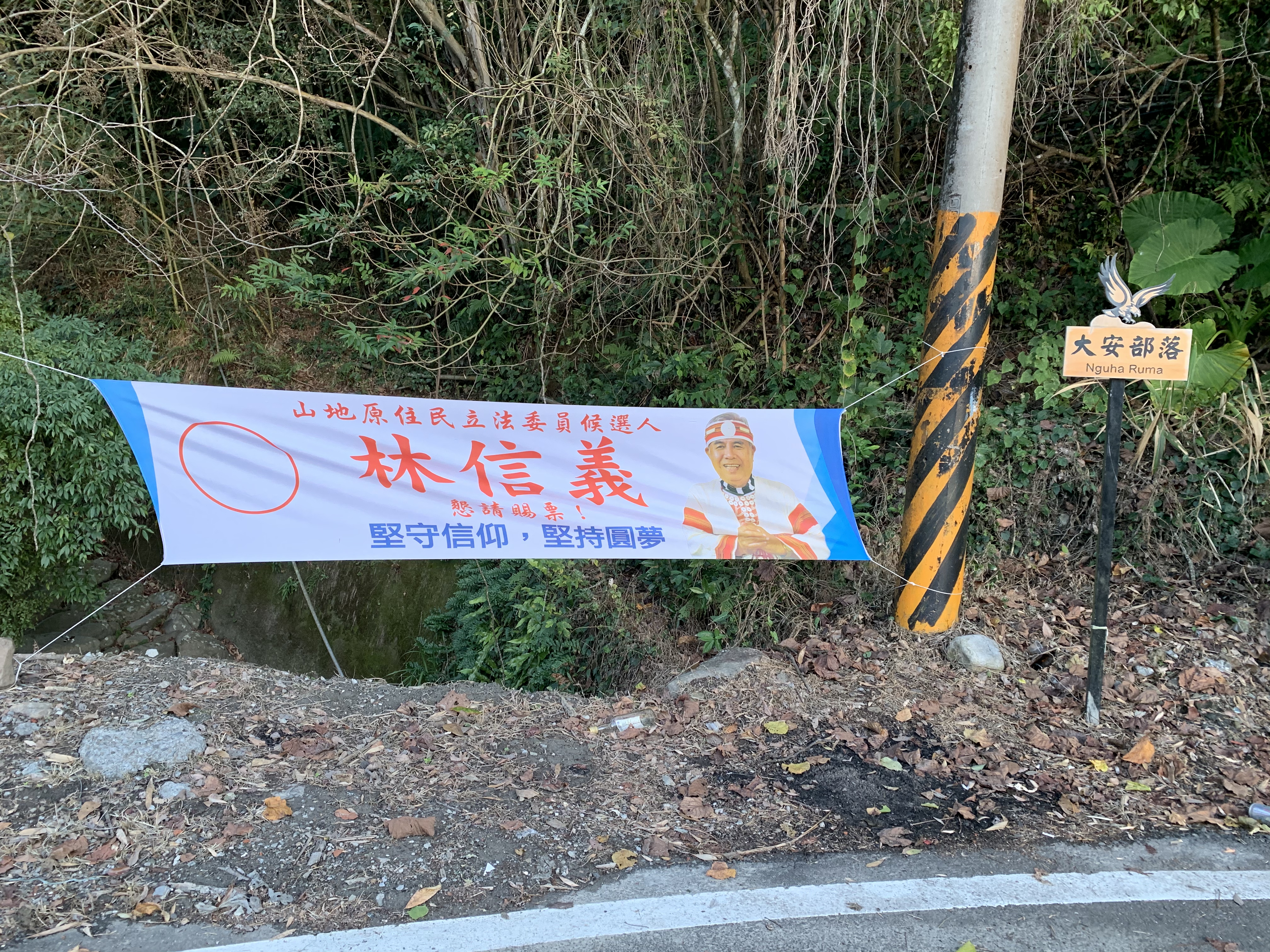
This is a poster for May Chin (Ciwas Ali or 高金素梅), a famous former actress known for her role in Ang Lee's The Wedding Banquet, now a unificationist Japan-hater from a small deep pan-blue party, the Non-Partisan (lol) Solidarity Union (she's the only legislator in office from that party) from Da'an village.
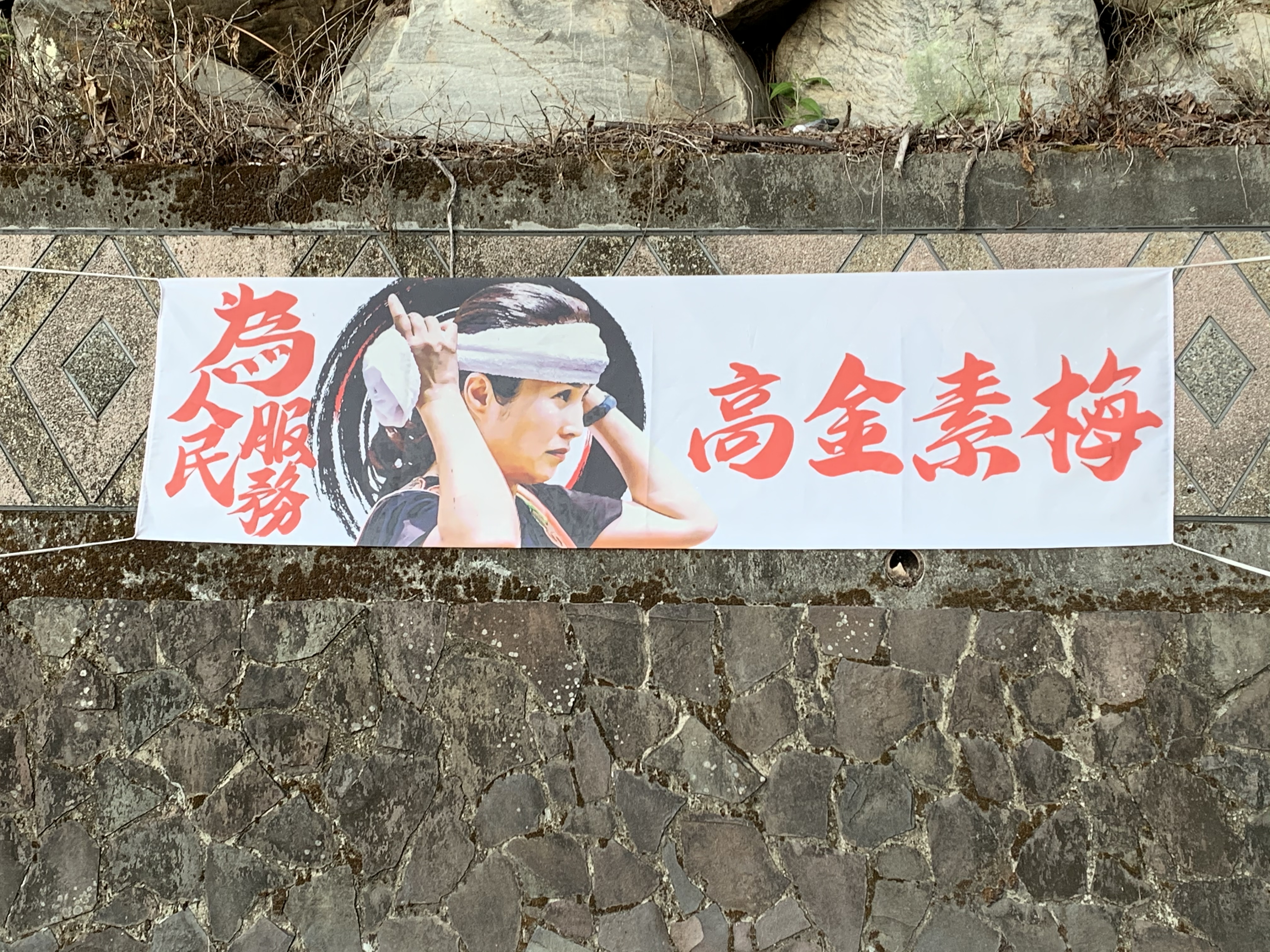
There are other things to do in that area - Dahu is famous for strawberries and you can pick them yourself on dedicated farms, an activity I've done but I don't think I ever blogged about. There's a hot spring nearby (a public one, not a naked one), and Sanyi, famous for woodcarving, is not far from here, though its chief commodity, woodcarving, is environmentally problematic and the "famous tourist village" nearby is mostly inauthentic. The old Japanese bridge is nice, though.
To finish off our lovely weekend, we had dinner at Mengdingxuan (夢鼎軒精緻小吃), which doesn't have an English name I know. Mengdingxuan was our authentic Hakka restaurant for the trip, and is in a charming old building in Gongguan (公館) township outside Miaoli City.
Also they have two adorable poodles, one chocolate and one black.
Hakka dishes, while delicious, don't photograph well so you're only getting one photo of Hakka Stir Fry (which was actually a bit light on flavor, but heavy on the tasty pork fat). The sour ginger intestine was also sublime, in fact, the whole meal was fantastic and very local.

This is a poster for May Chin (Ciwas Ali or 高金素梅), a famous former actress known for her role in Ang Lee's The Wedding Banquet, now a unificationist Japan-hater from a small deep pan-blue party, the Non-Partisan (lol) Solidarity Union (she's the only legislator in office from that party) from Da'an village.

There are other things to do in that area - Dahu is famous for strawberries and you can pick them yourself on dedicated farms, an activity I've done but I don't think I ever blogged about. There's a hot spring nearby (a public one, not a naked one), and Sanyi, famous for woodcarving, is not far from here, though its chief commodity, woodcarving, is environmentally problematic and the "famous tourist village" nearby is mostly inauthentic. The old Japanese bridge is nice, though.
To finish off our lovely weekend, we had dinner at Mengdingxuan (夢鼎軒精緻小吃), which doesn't have an English name I know. Mengdingxuan was our authentic Hakka restaurant for the trip, and is in a charming old building in Gongguan (公館) township outside Miaoli City.
Also they have two adorable poodles, one chocolate and one black.
Hakka dishes, while delicious, don't photograph well so you're only getting one photo of Hakka Stir Fry (which was actually a bit light on flavor, but heavy on the tasty pork fat). The sour ginger intestine was also sublime, in fact, the whole meal was fantastic and very local.
Mengdingxuan (夢鼎軒精緻小吃)
363苗栗縣公館鄉華東街11號
363苗栗縣公館鄉華東街11號
#11 Huadong Street, Gongguan, Miaoli County
It was a bit of a sad farewell afterwards (and after a few more beers at Donghai), as our friends are moving to the US soon - as in, in just a few days.
On Monday morning we checked out of our homestay and tried to catch the bus to the HSR (the bus also goes up to Xueba National Park, though I'm not sure where it stops exactly so I don't know how useful it is). It stops in downtown Miaoli as well as out by the arena (yes, Miaoli has an arena).
But, the bus took too long and we wanted to grab coffee before hopping on the HSR back - we wanted to get back to Taipei quickly - so we grabbed another taxi.
On Monday morning we checked out of our homestay and tried to catch the bus to the HSR (the bus also goes up to Xueba National Park, though I'm not sure where it stops exactly so I don't know how useful it is). It stops in downtown Miaoli as well as out by the arena (yes, Miaoli has an arena).
But, the bus took too long and we wanted to grab coffee before hopping on the HSR back - we wanted to get back to Taipei quickly - so we grabbed another taxi.

